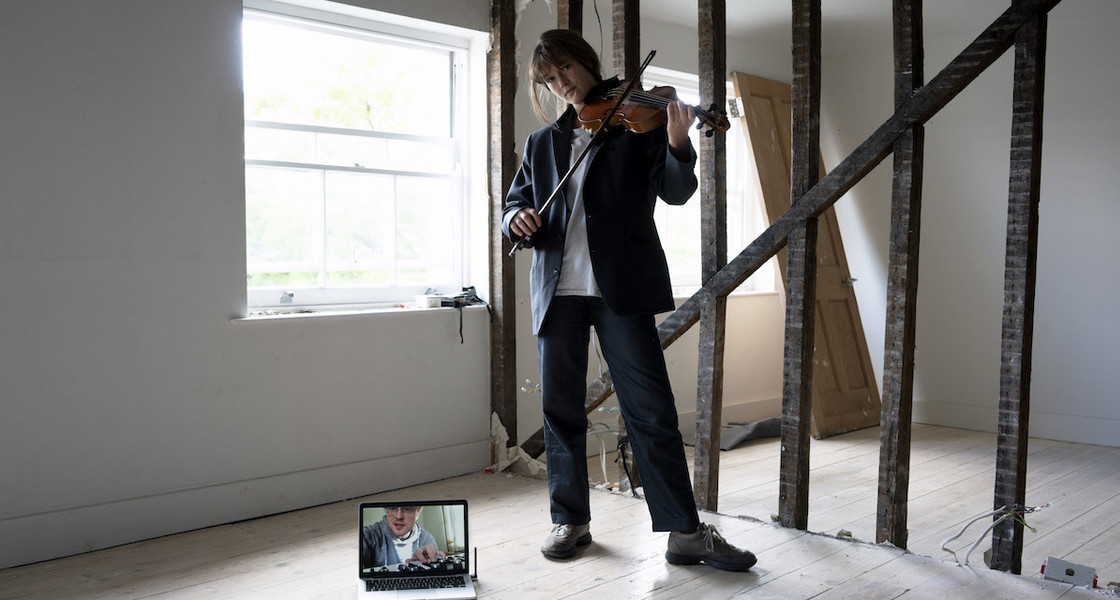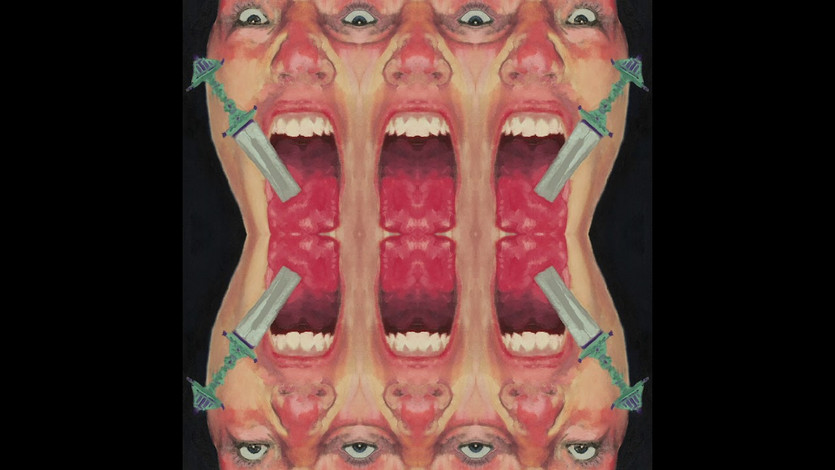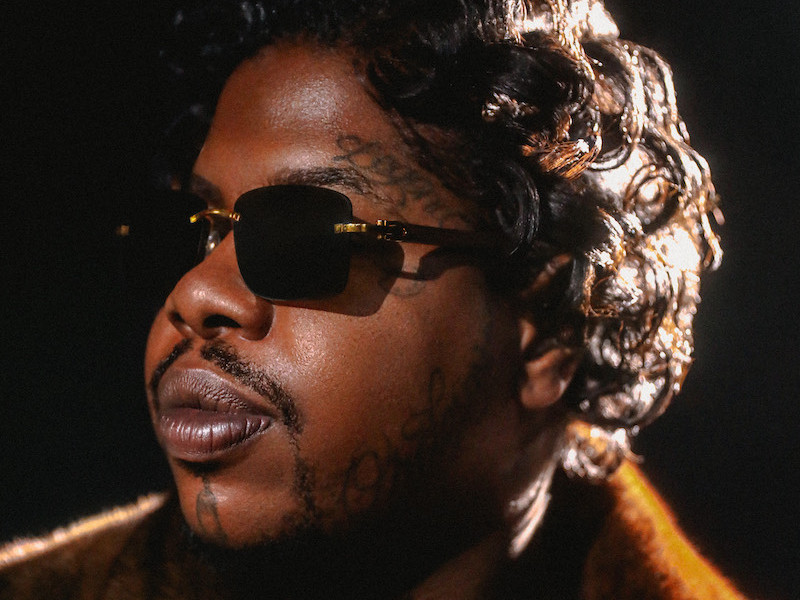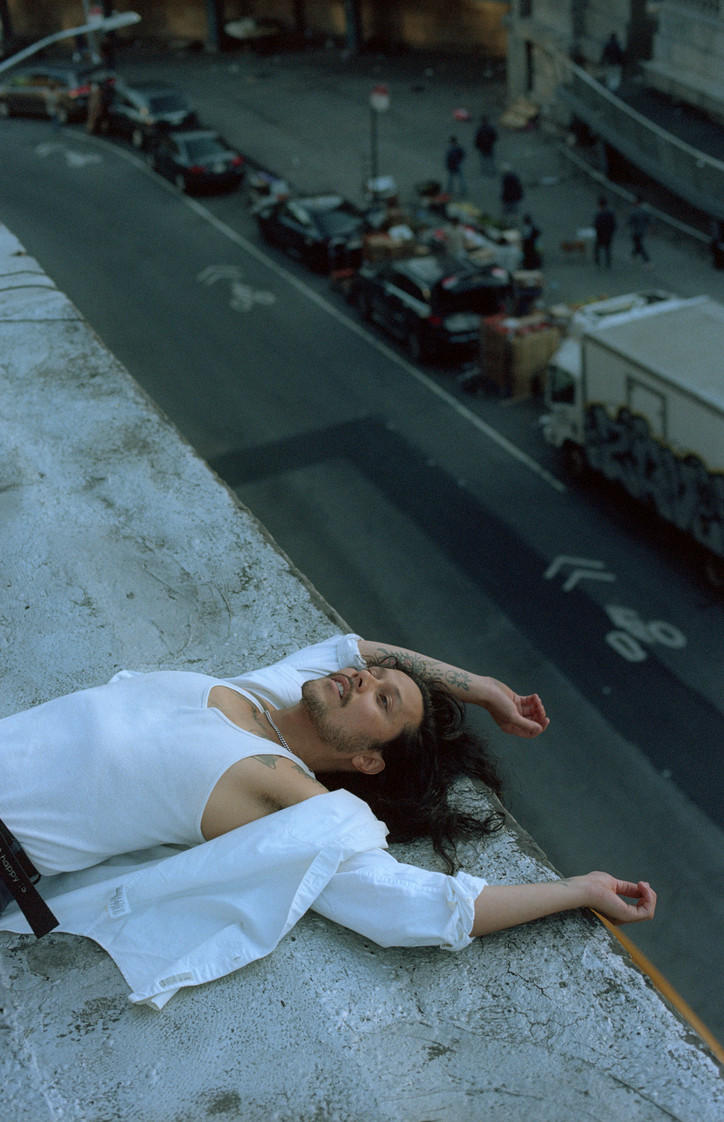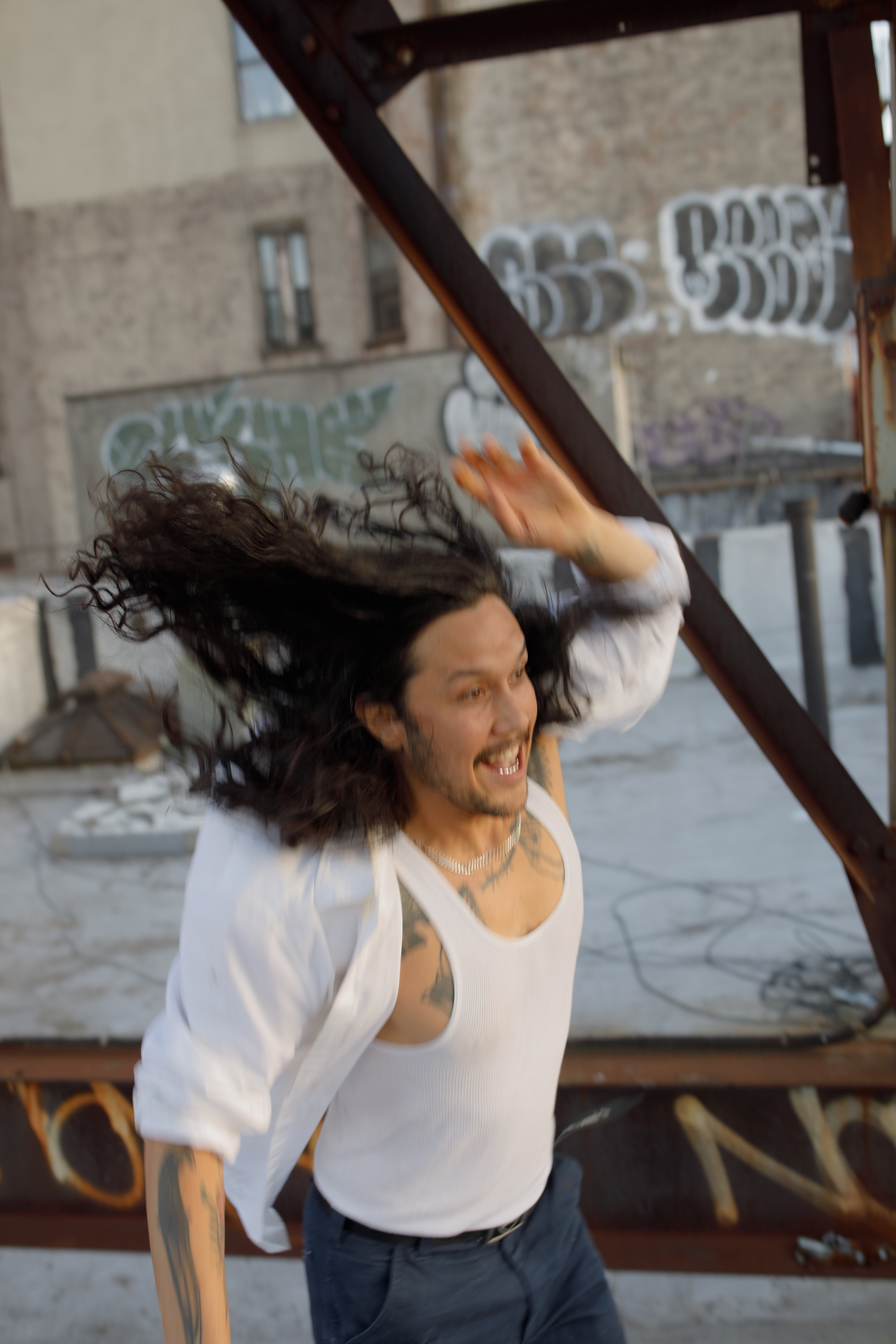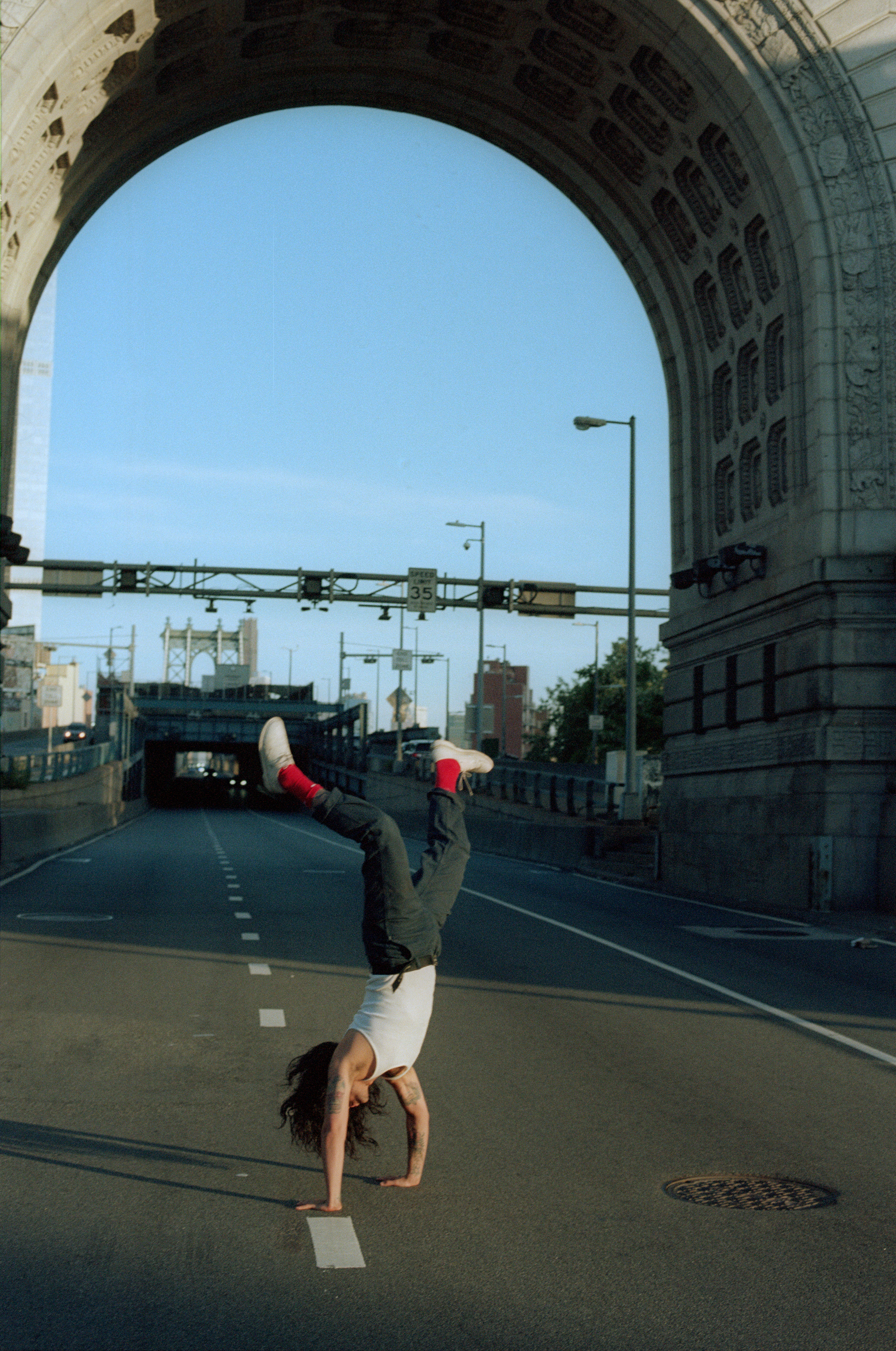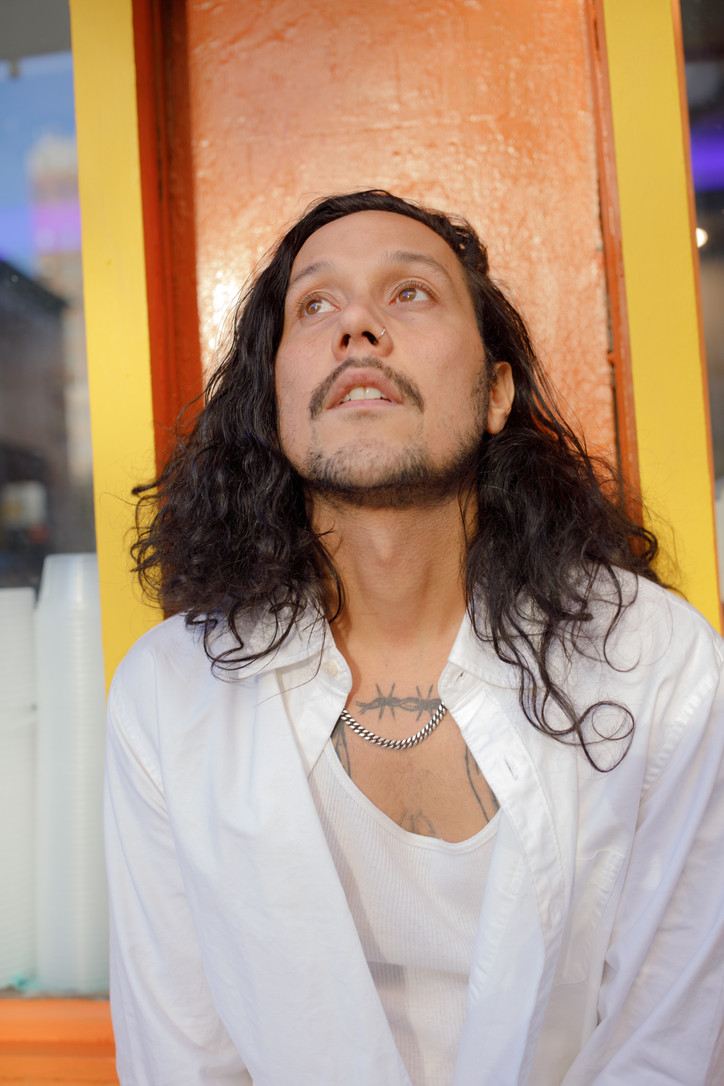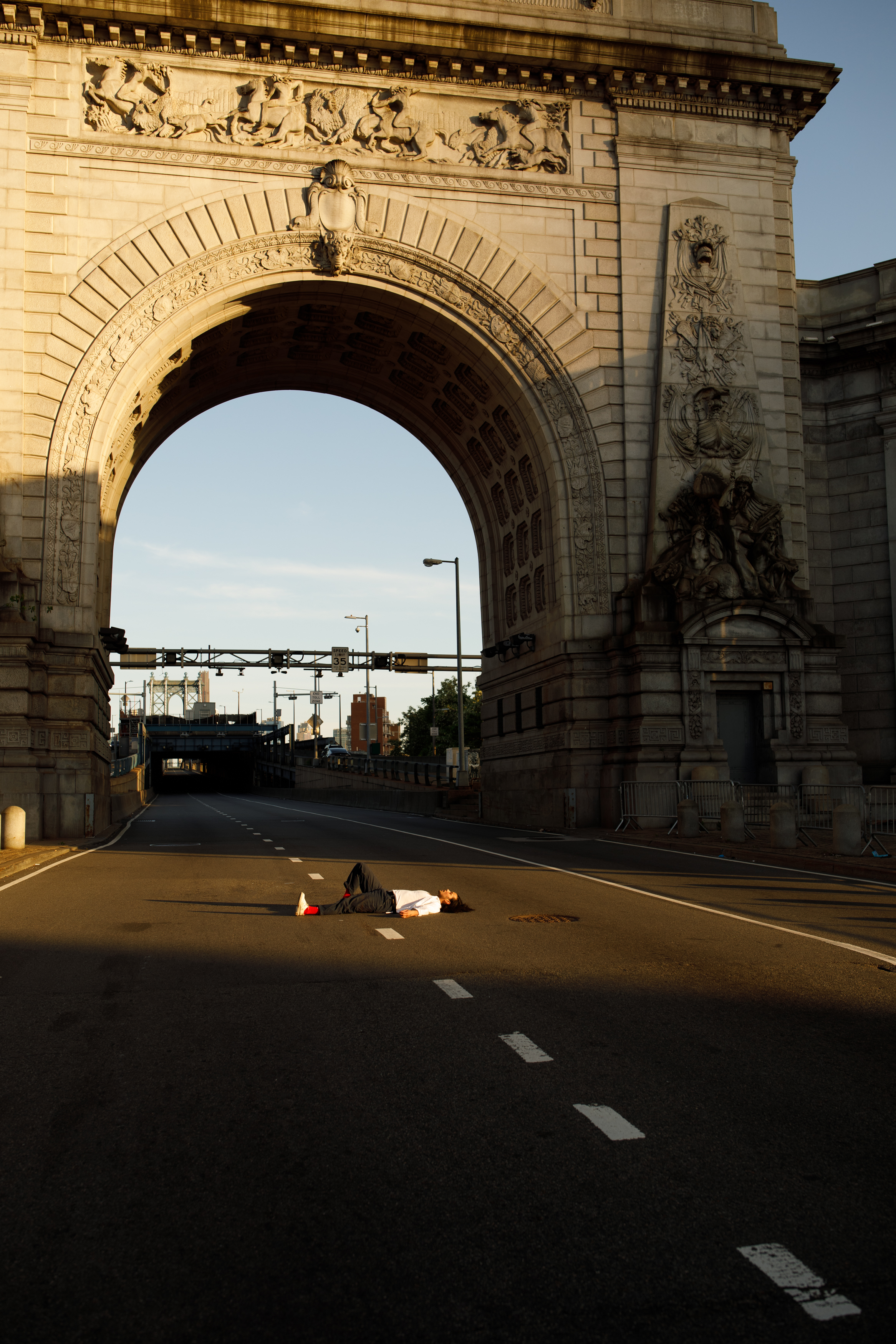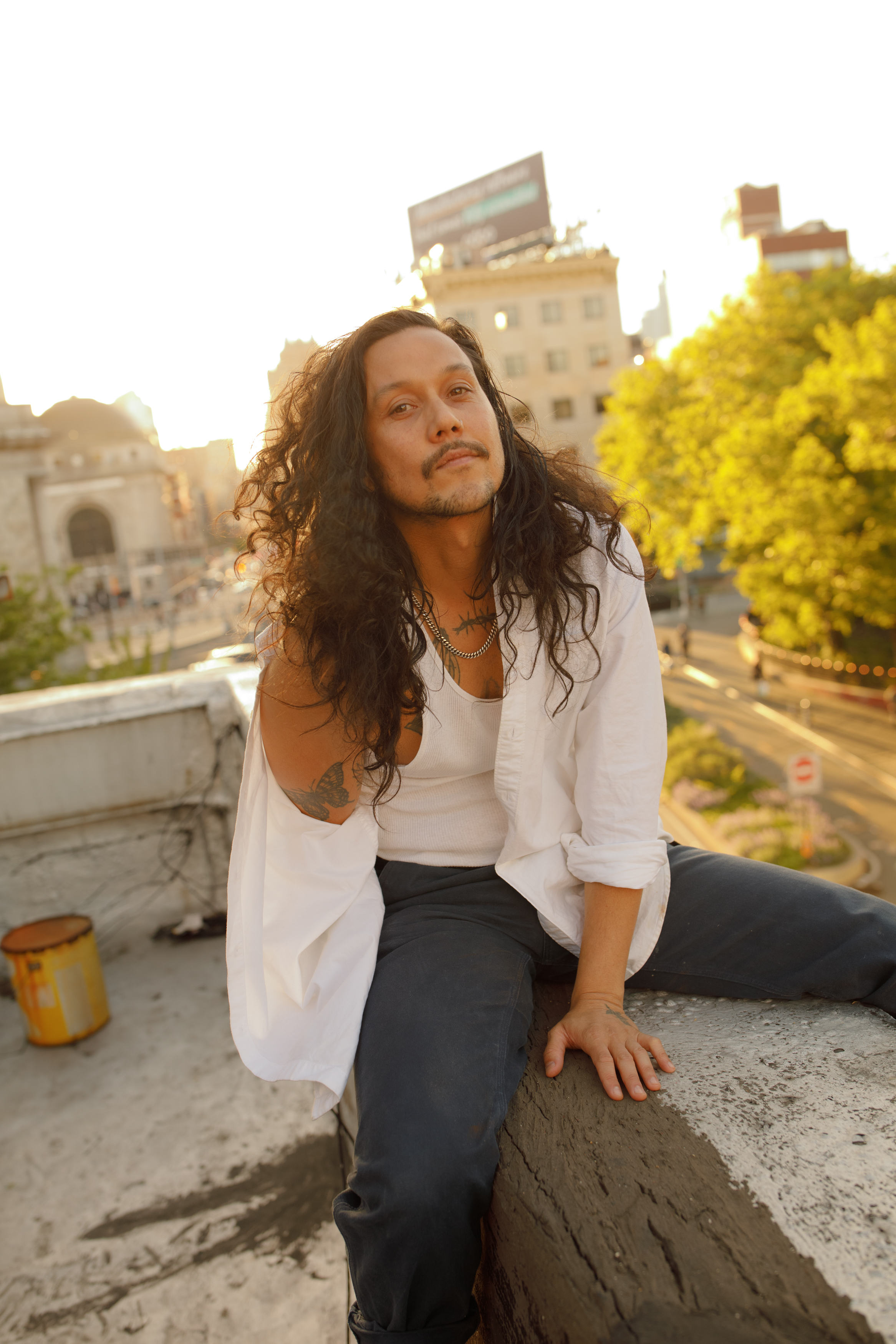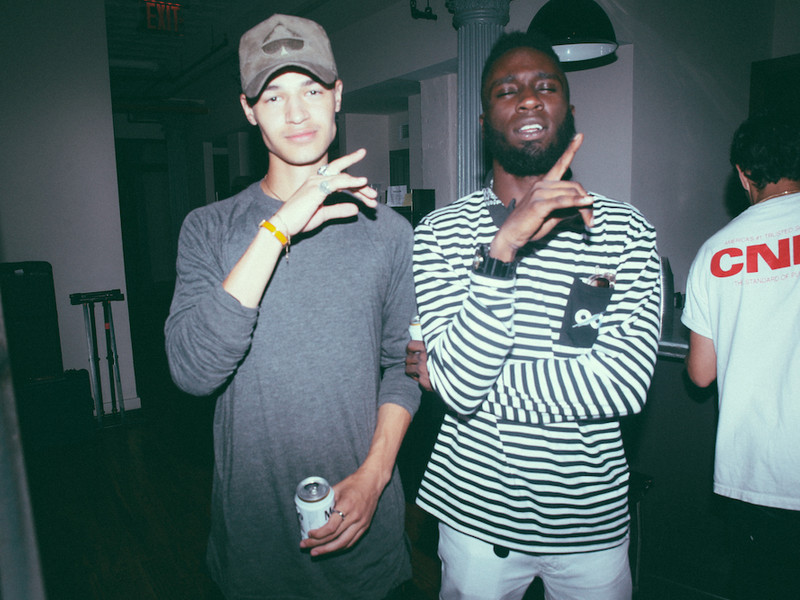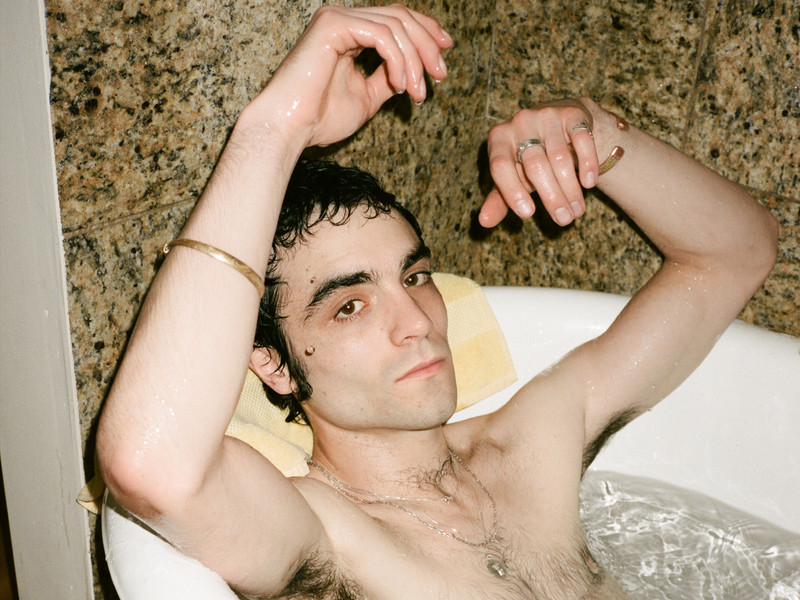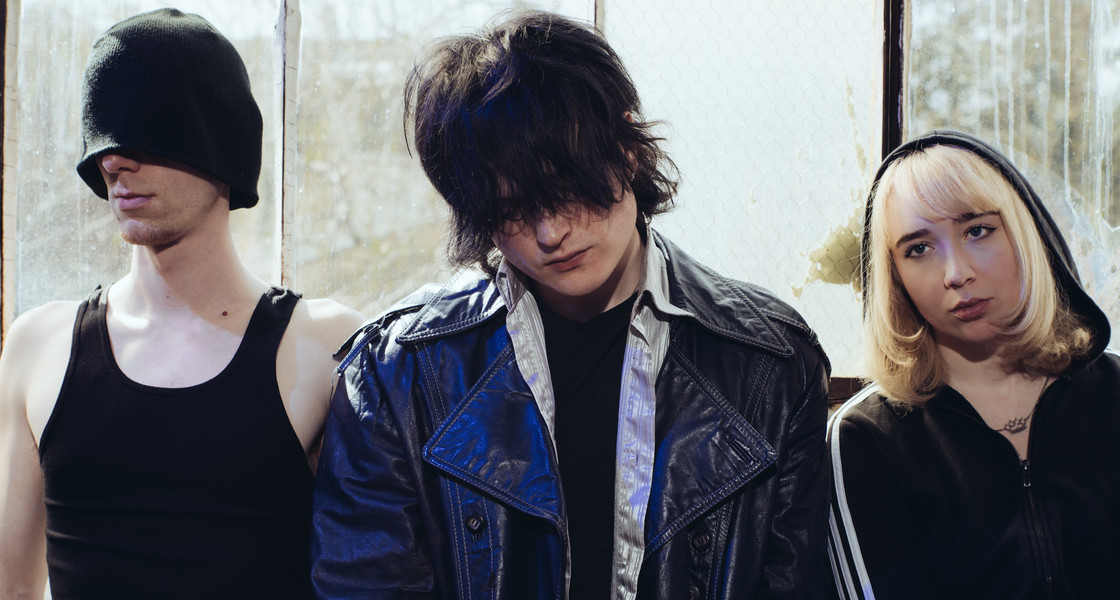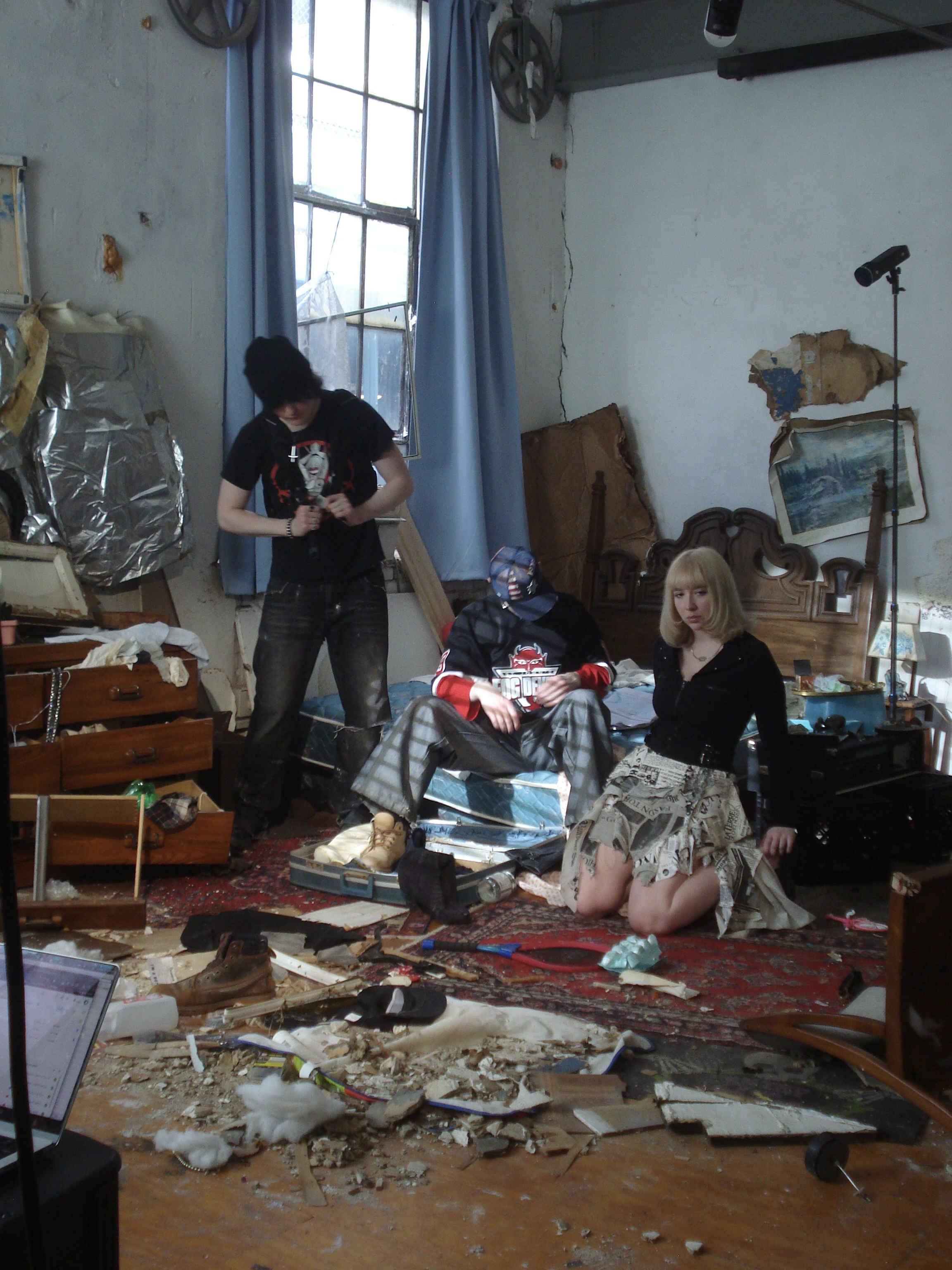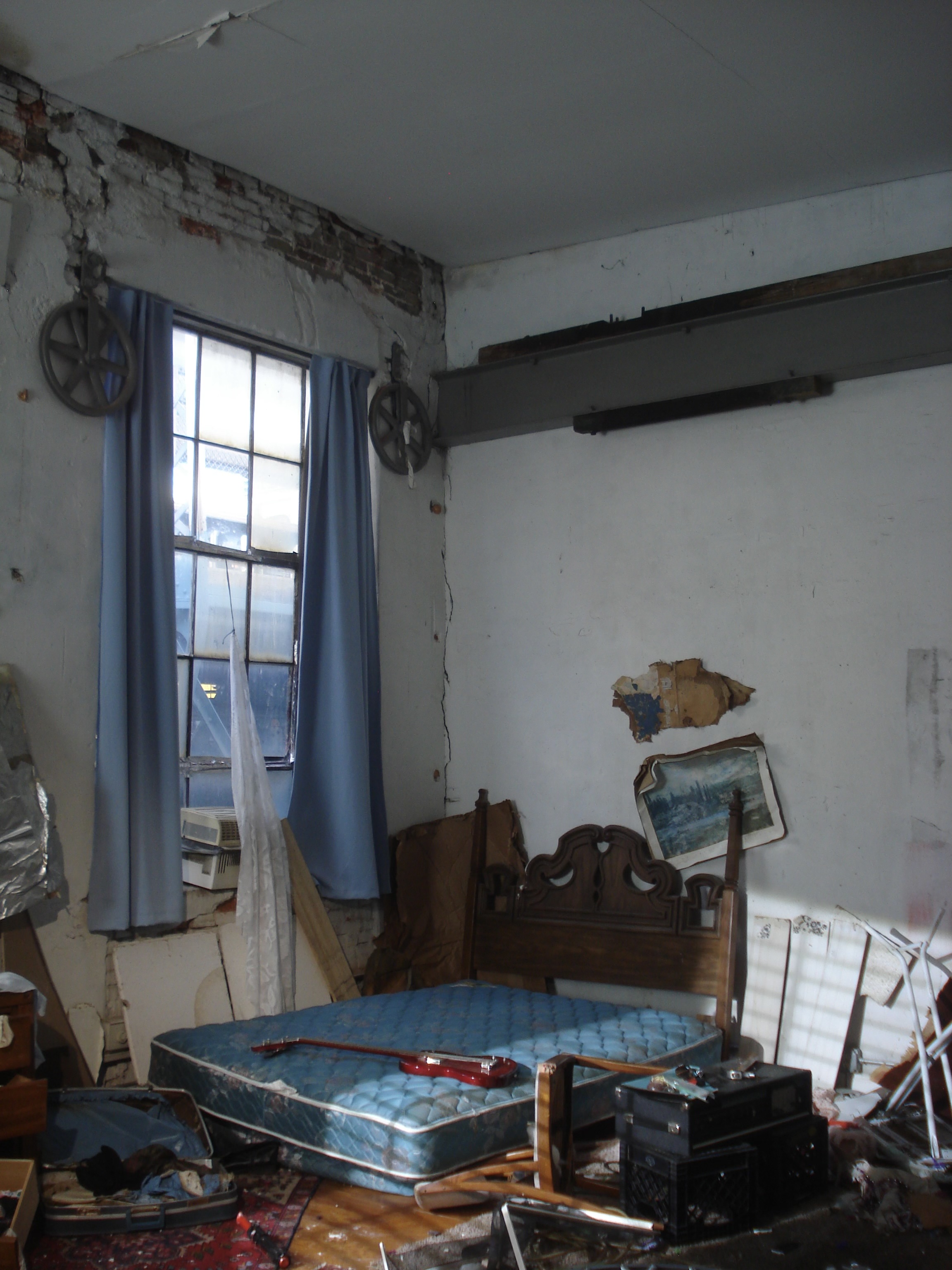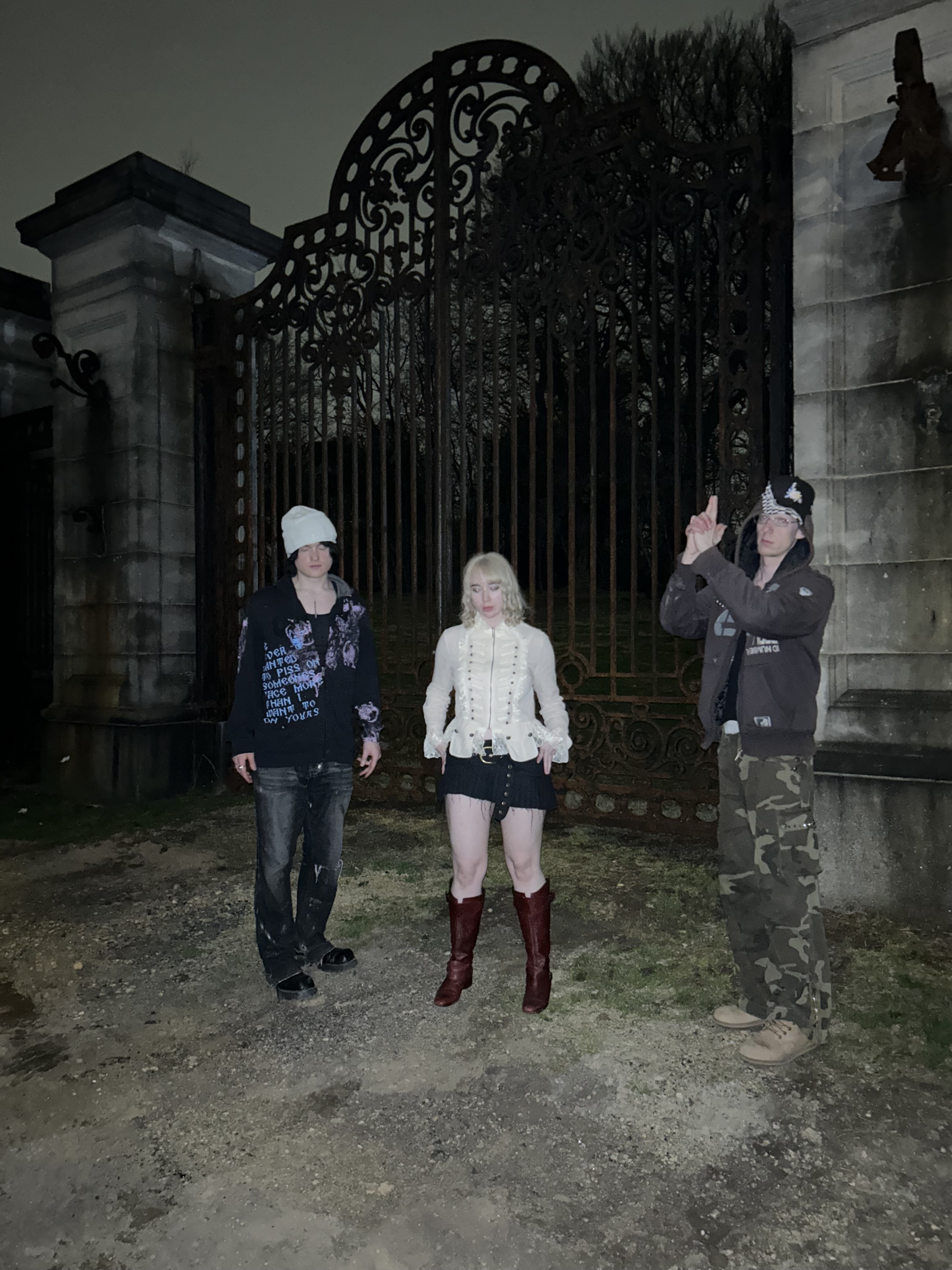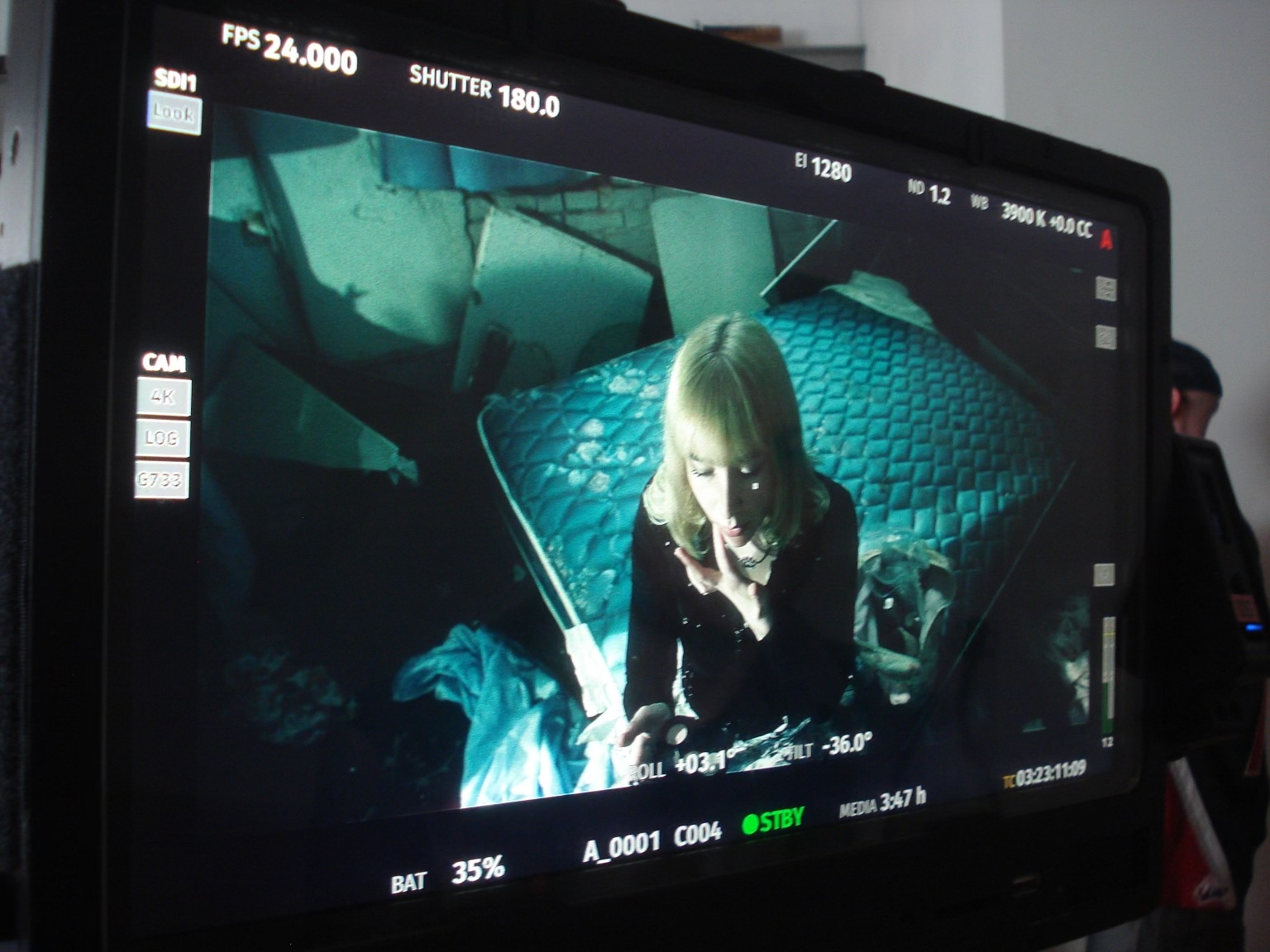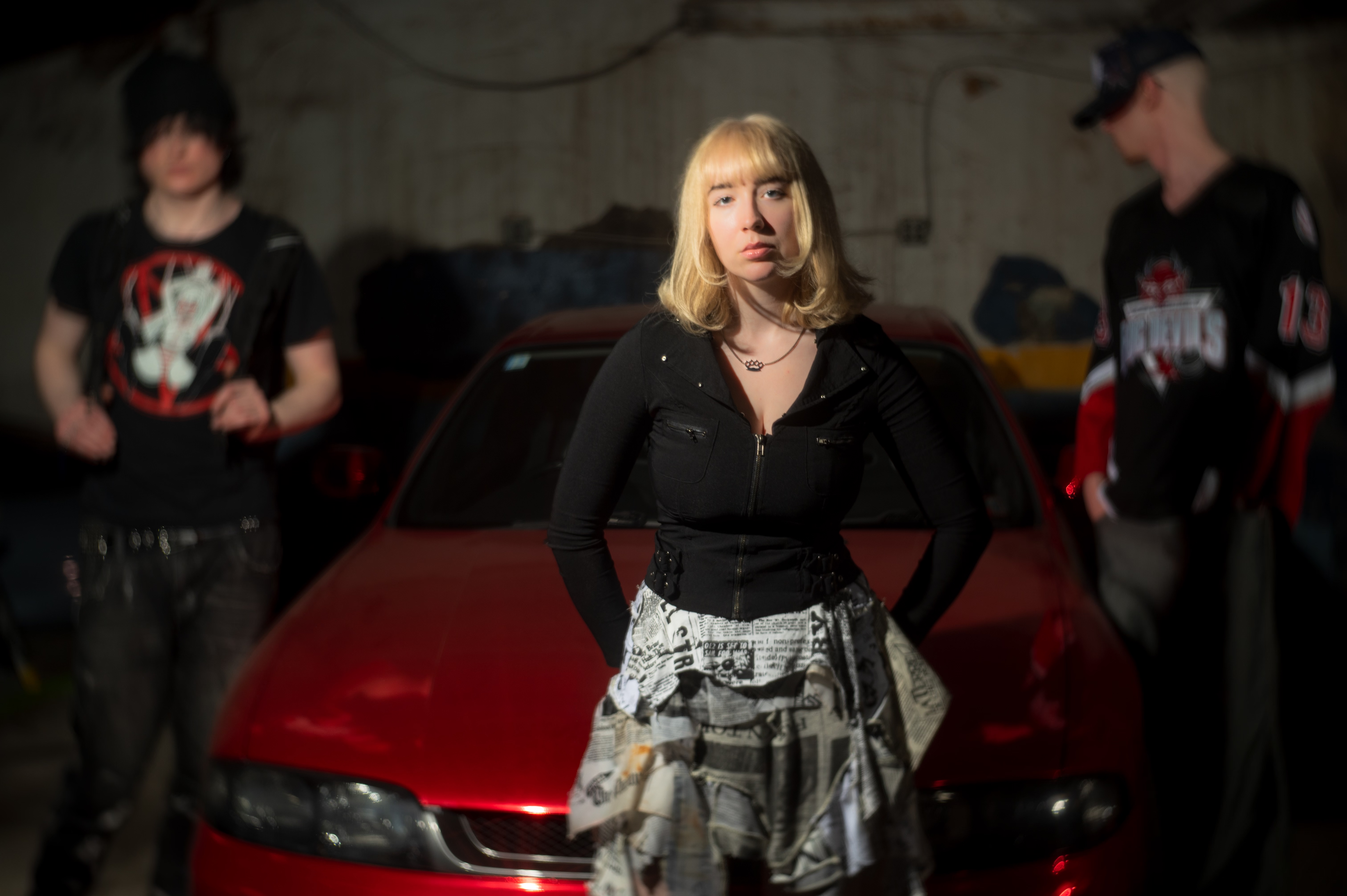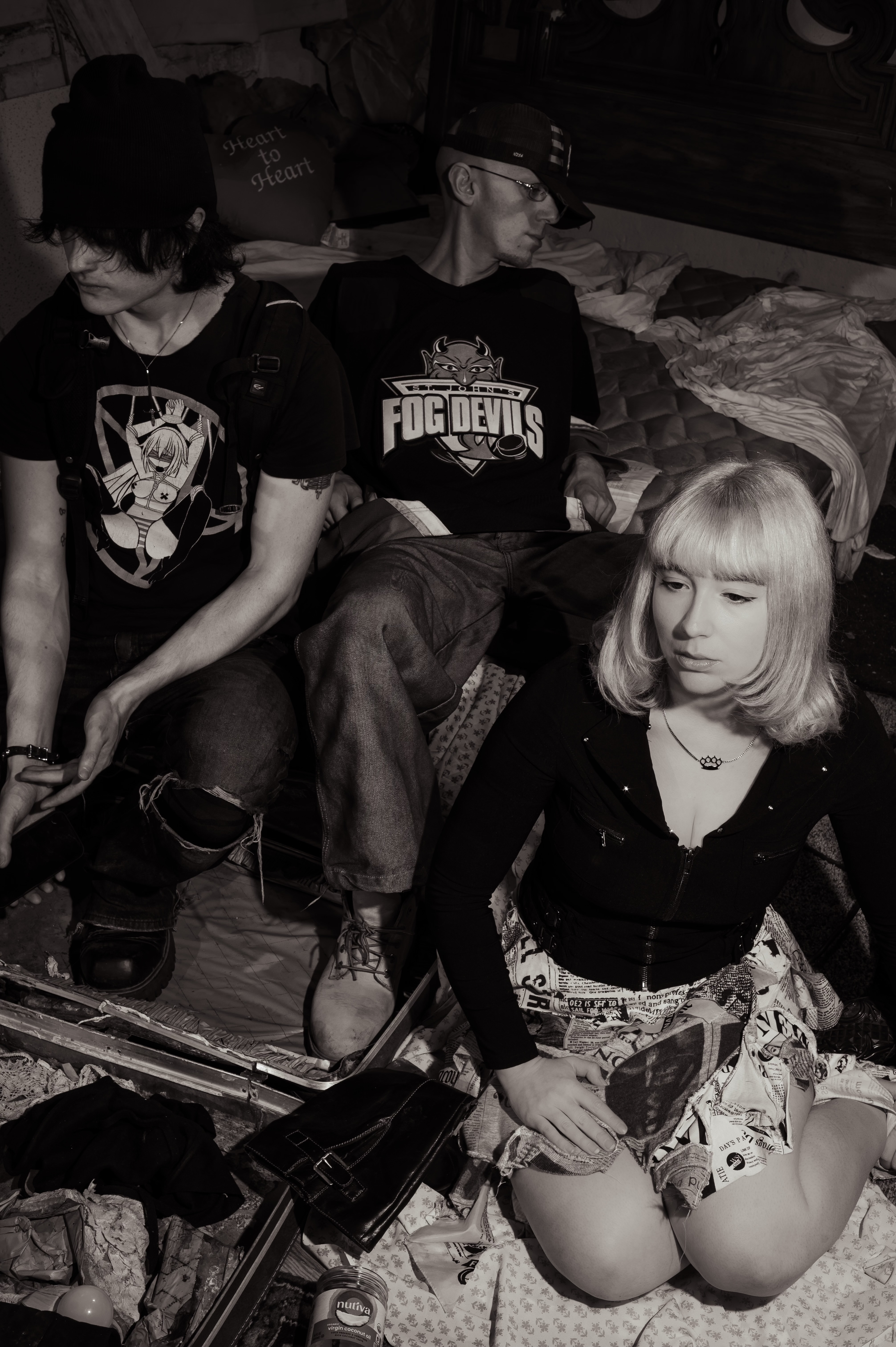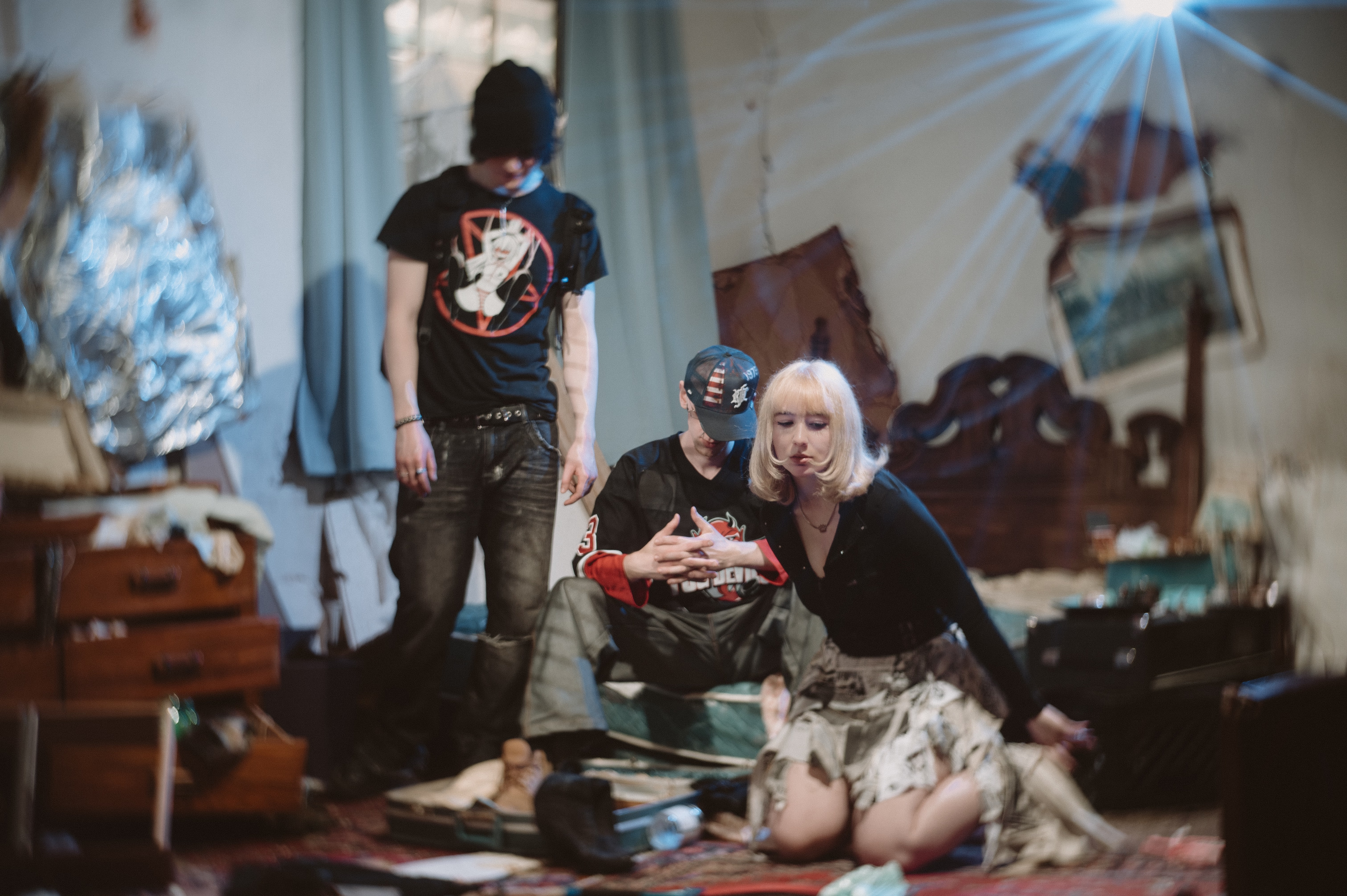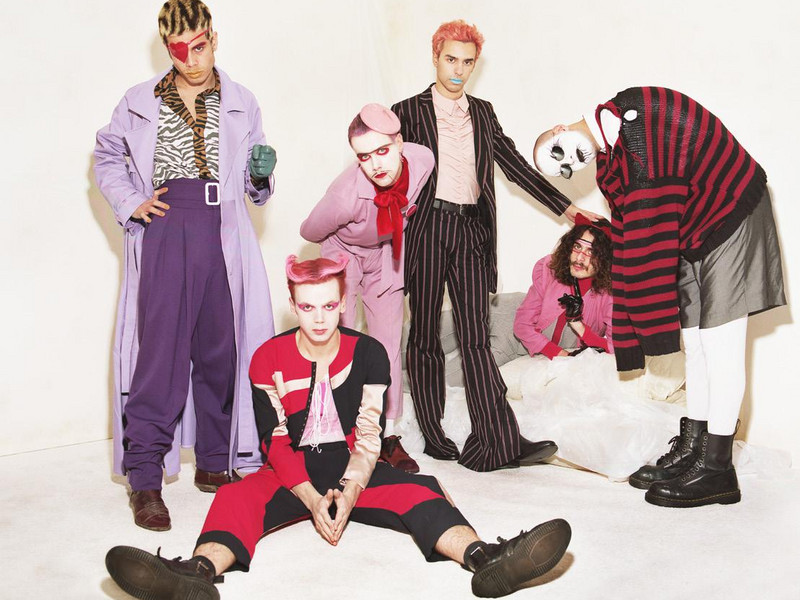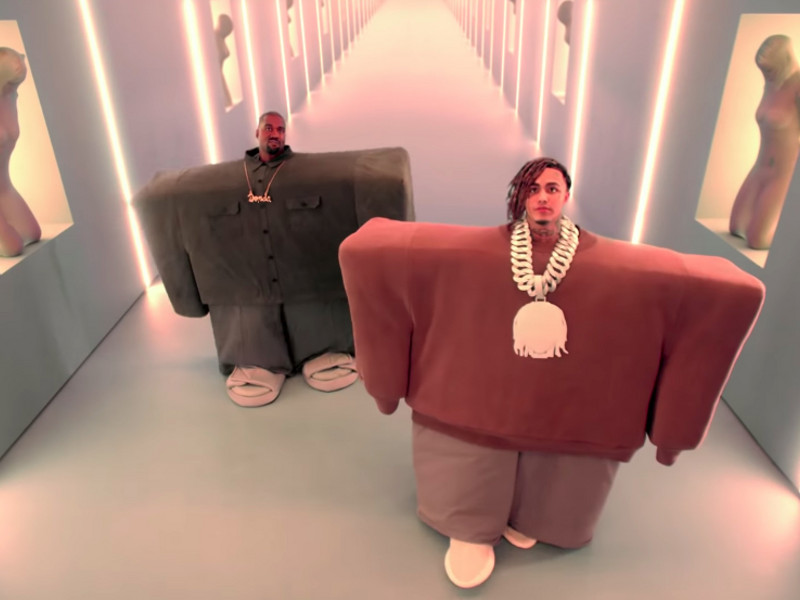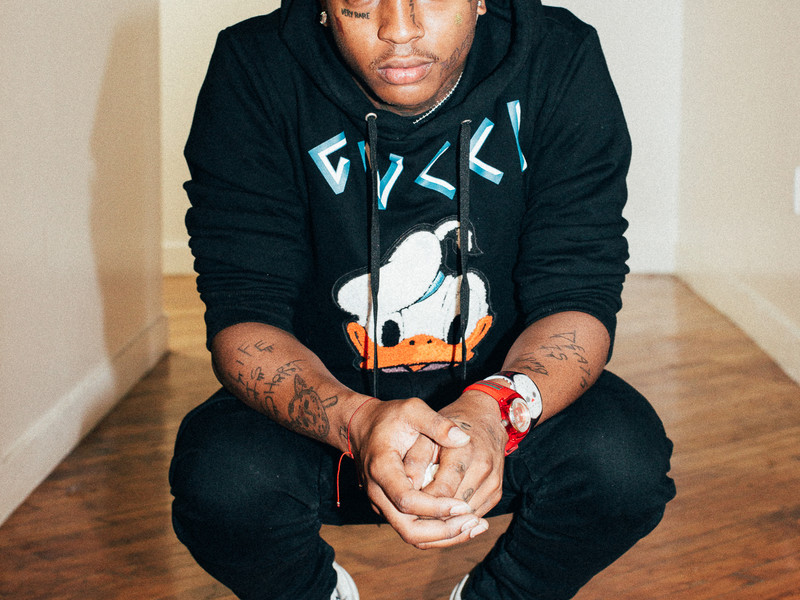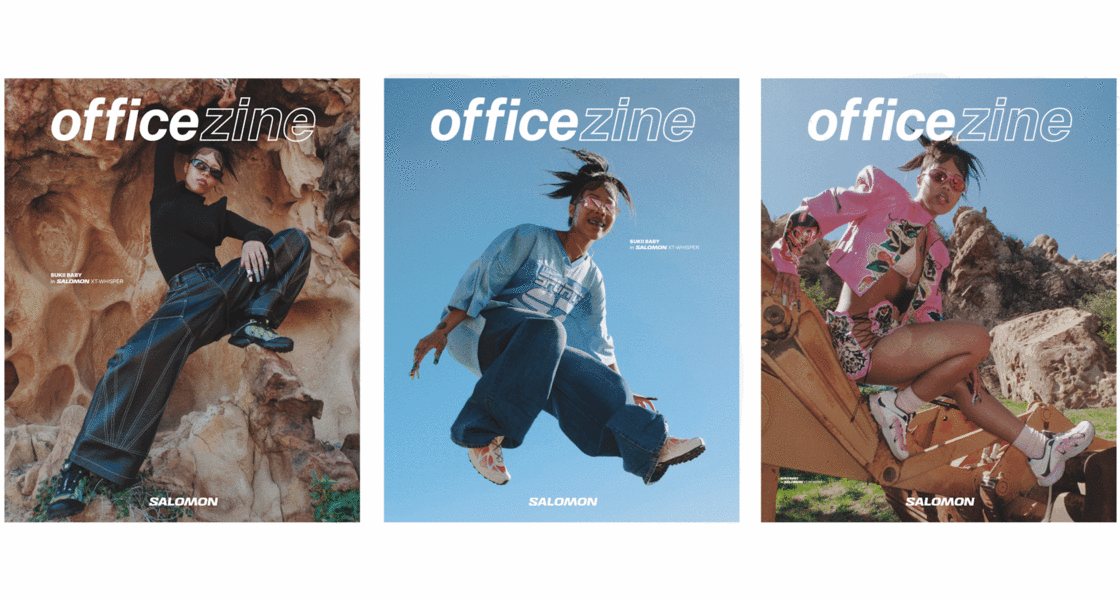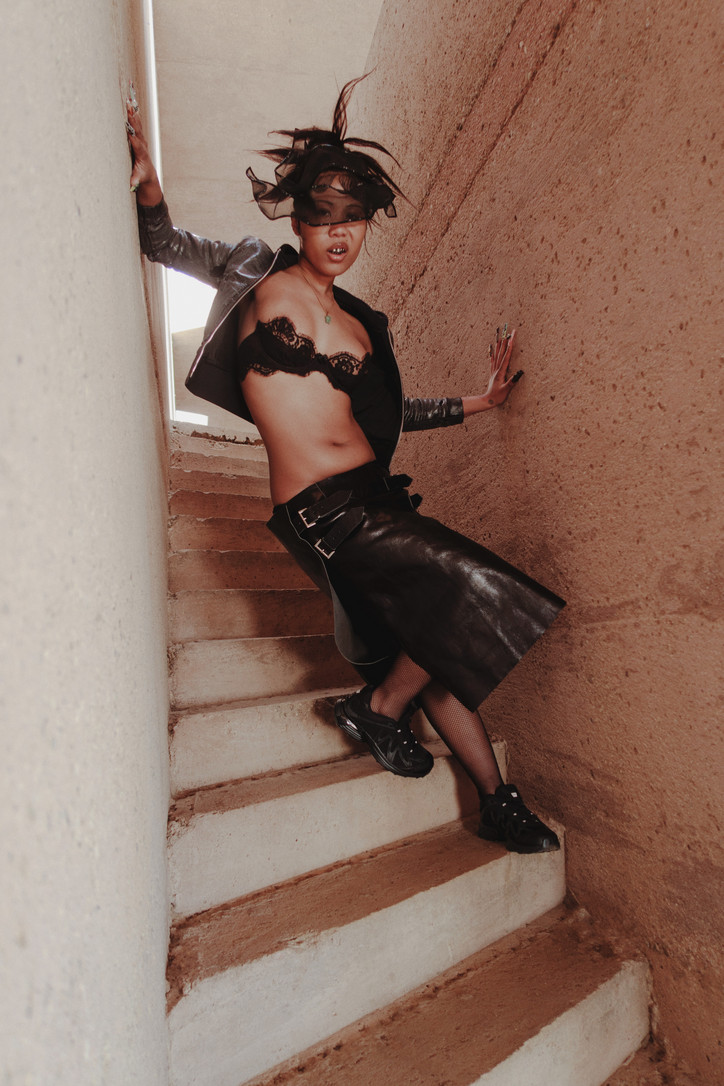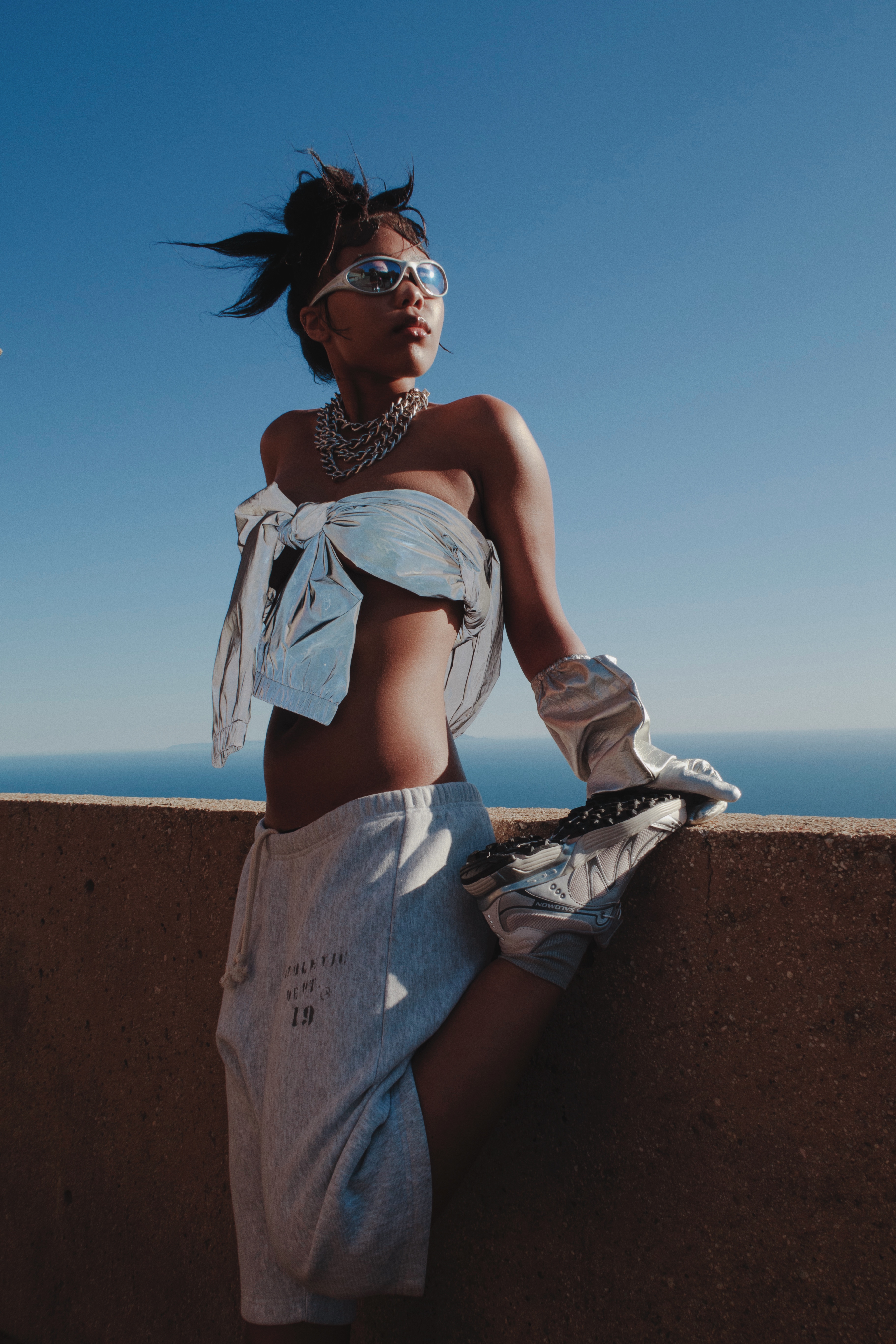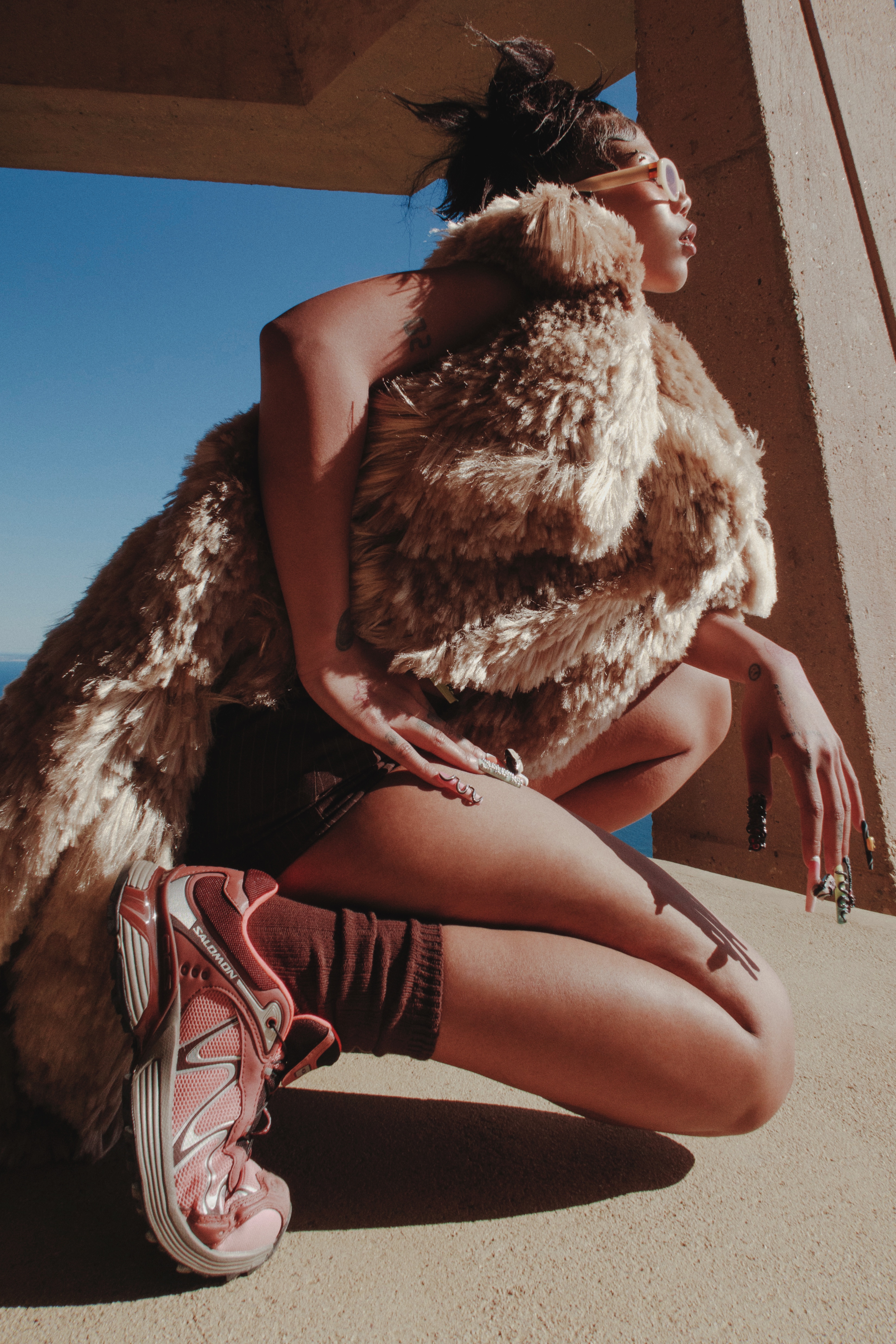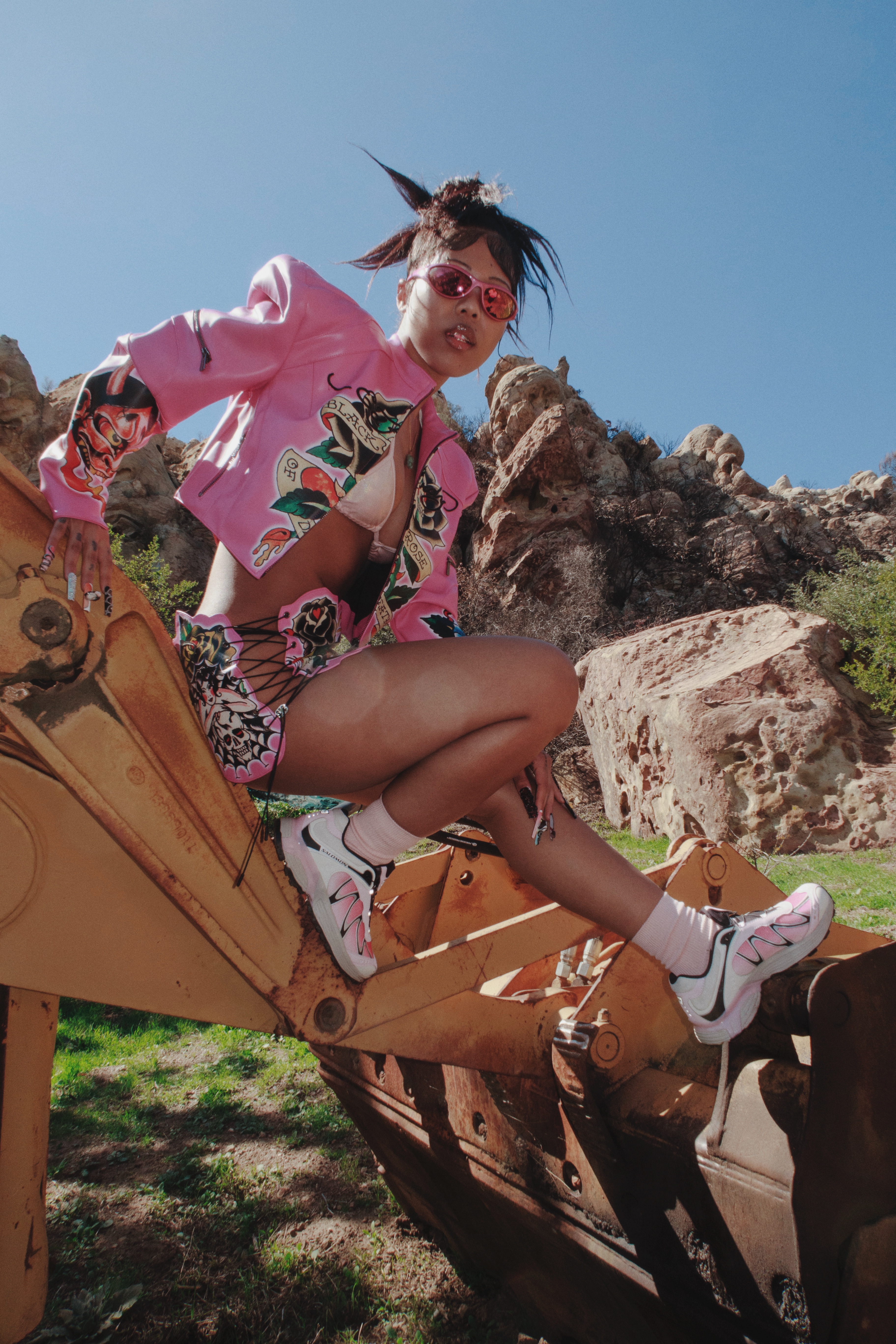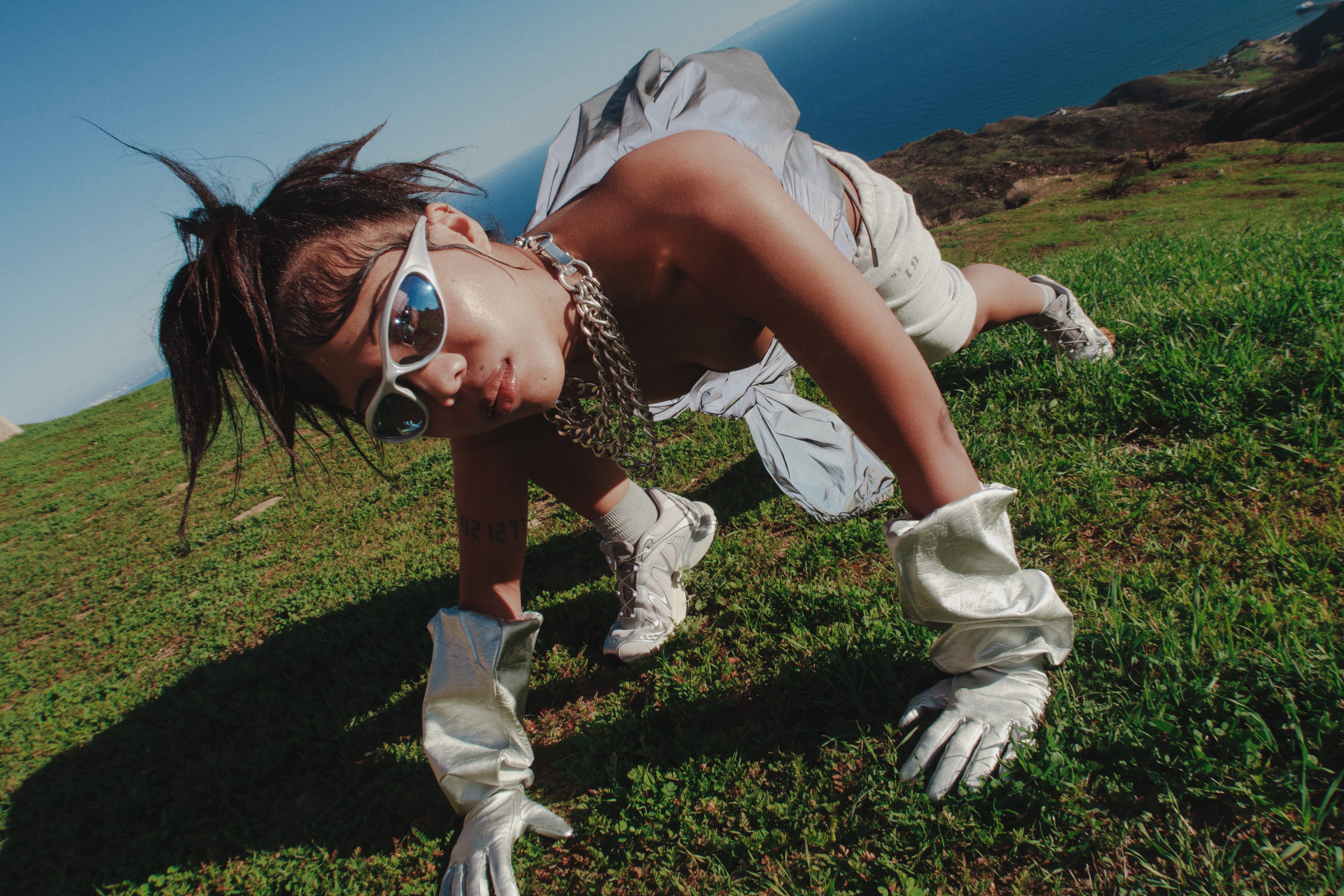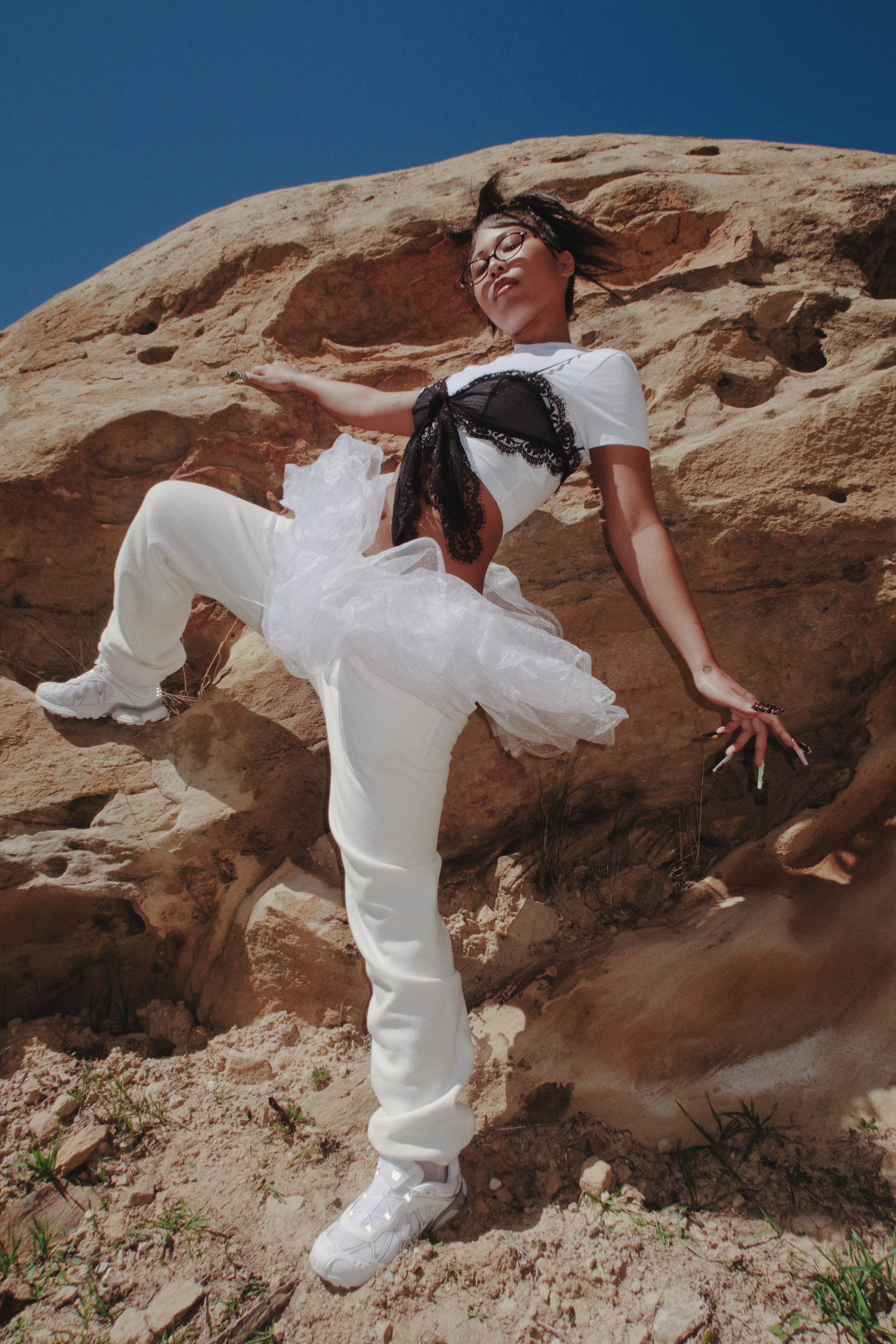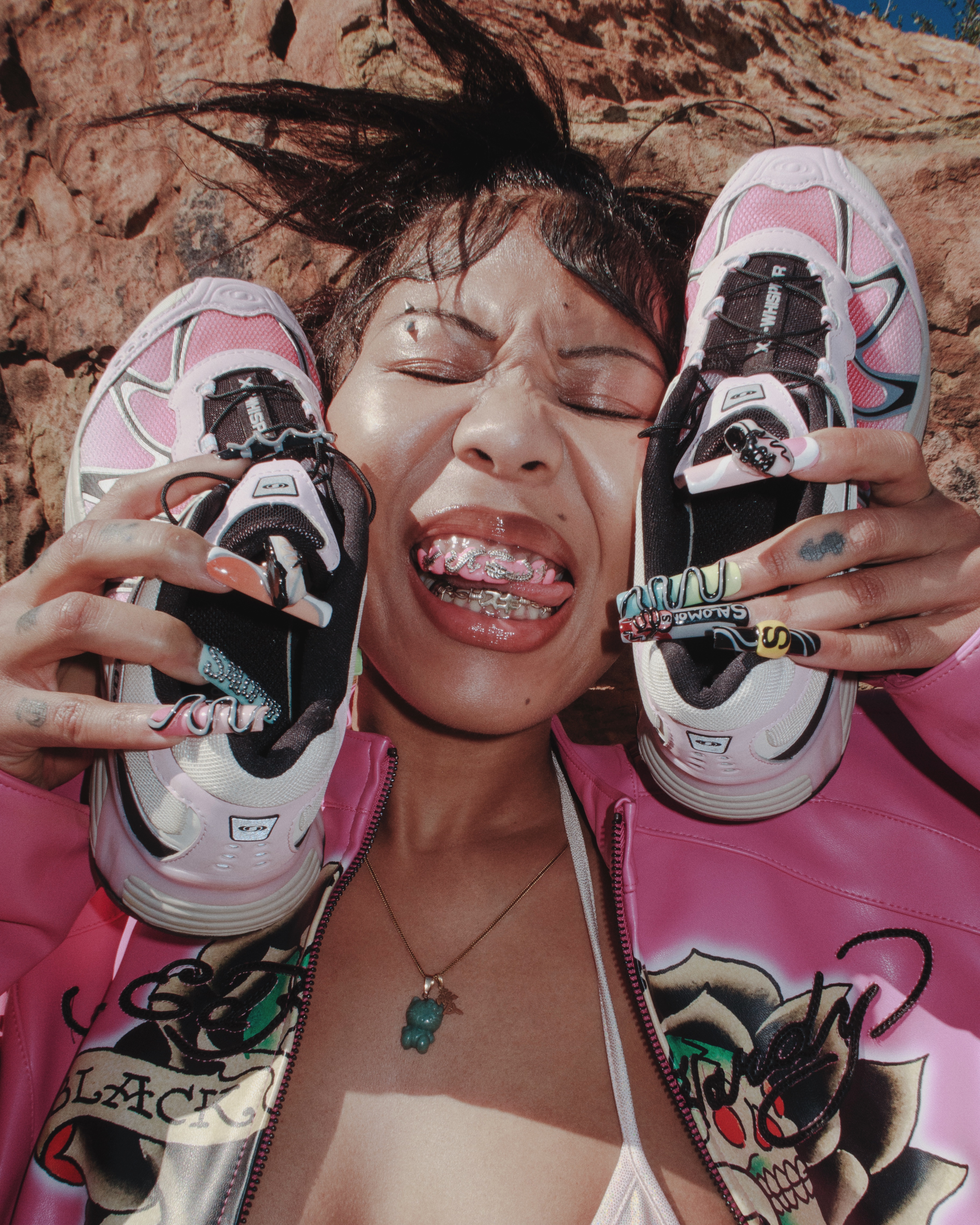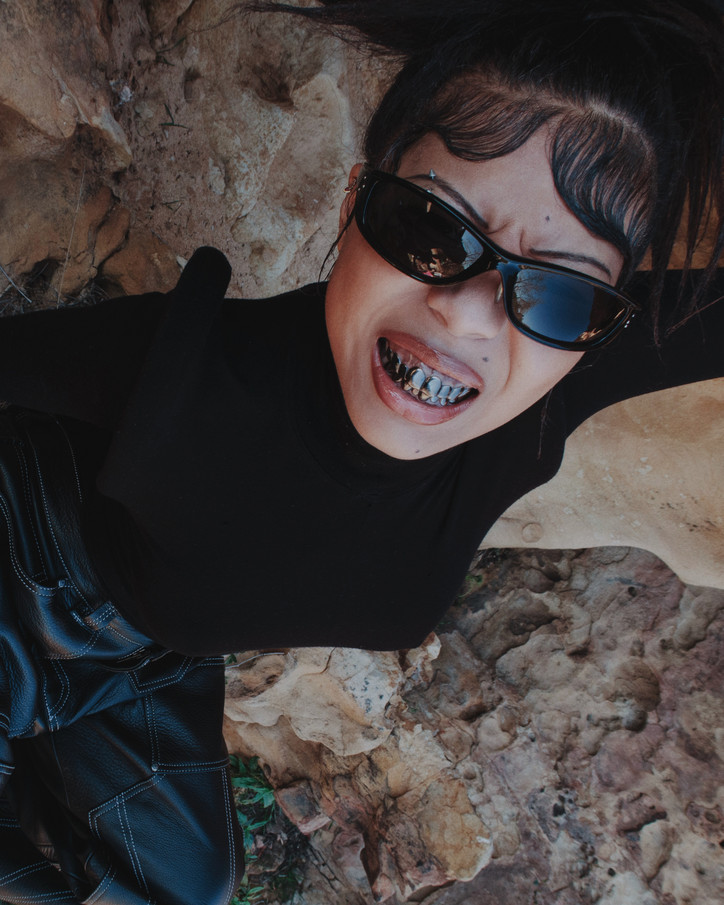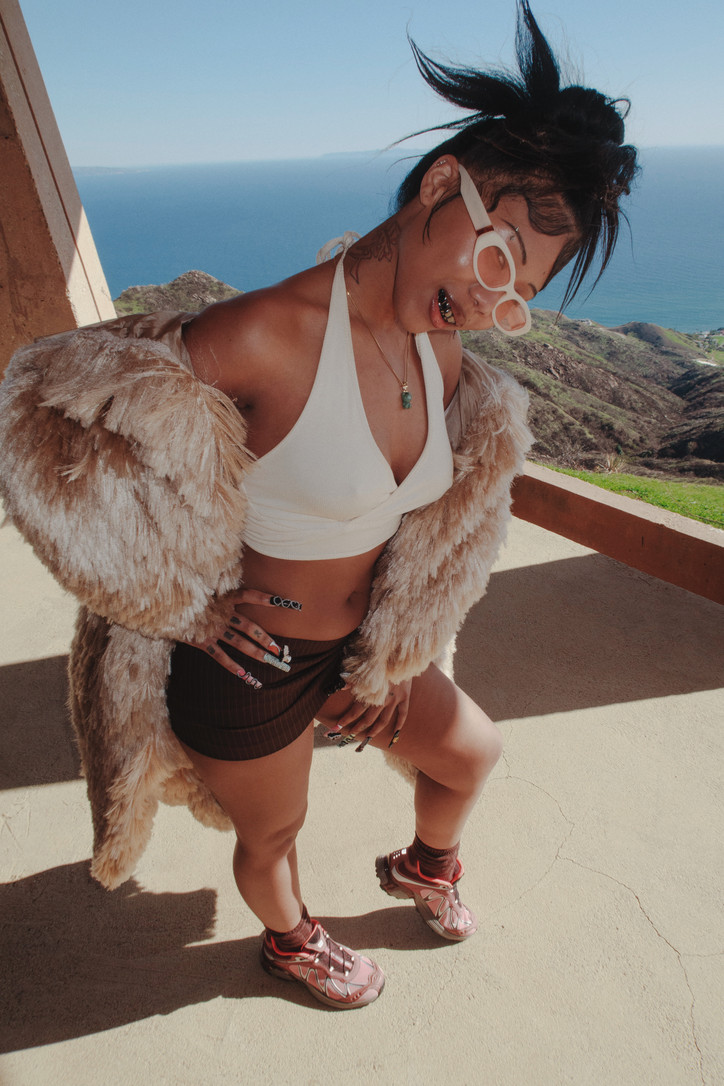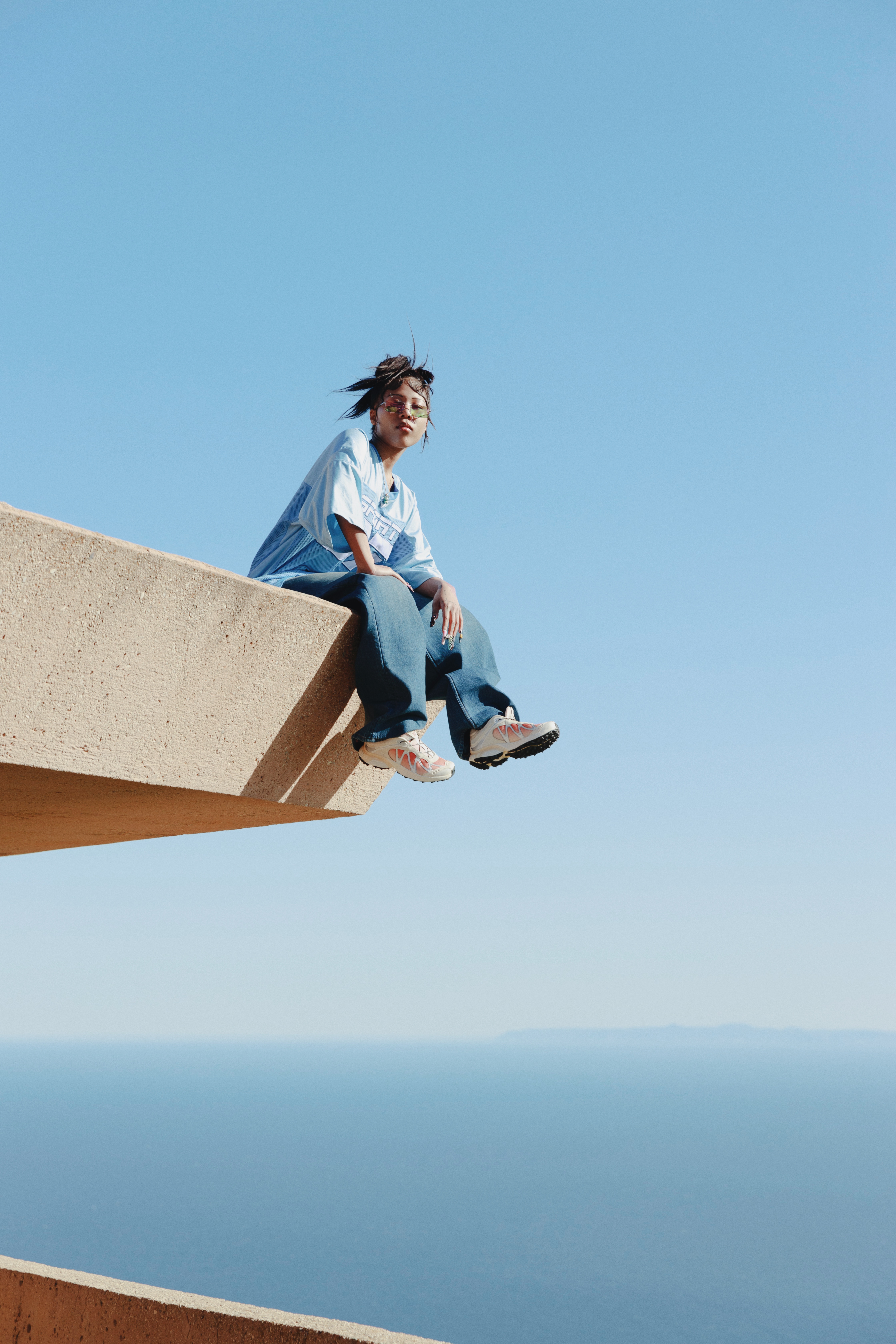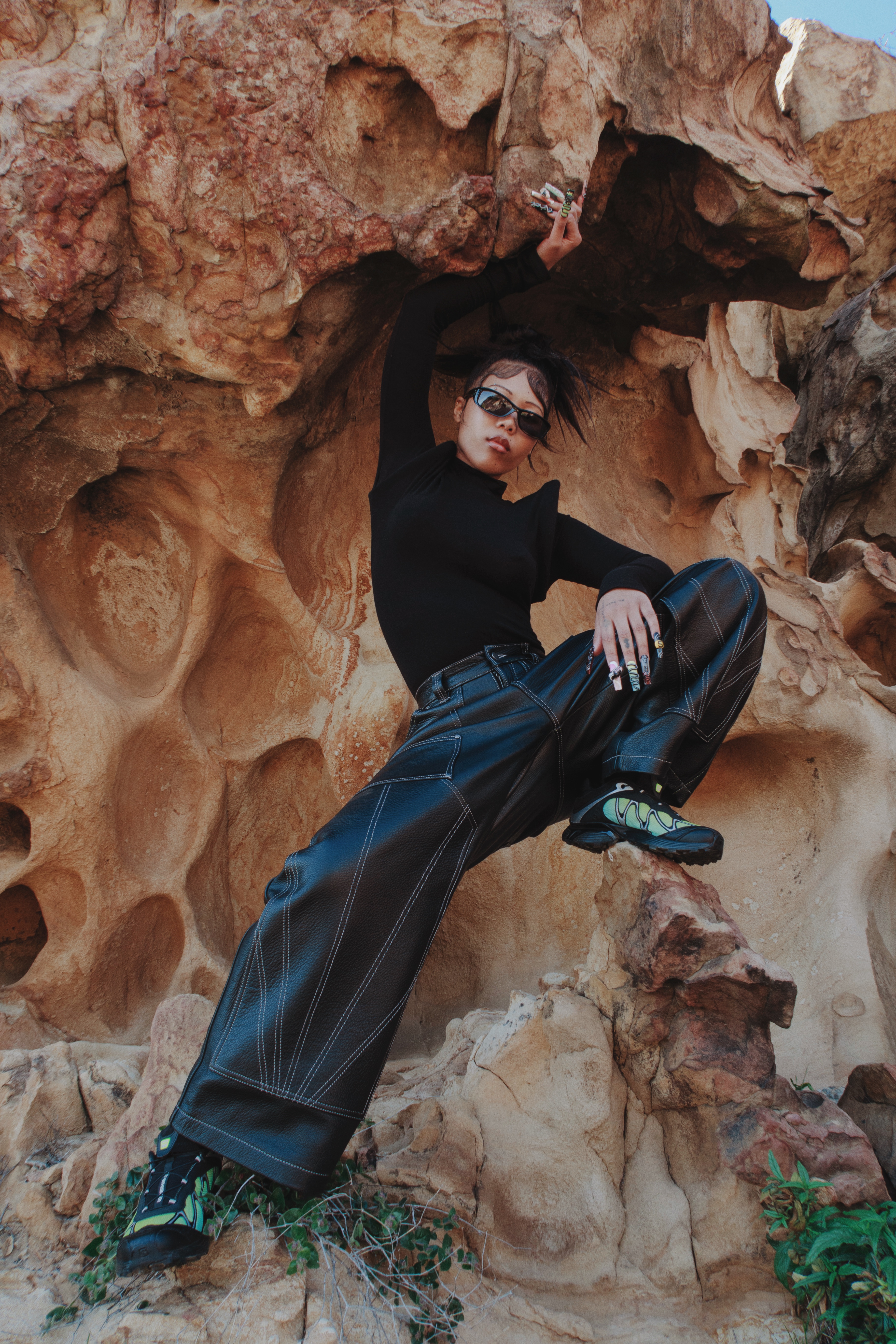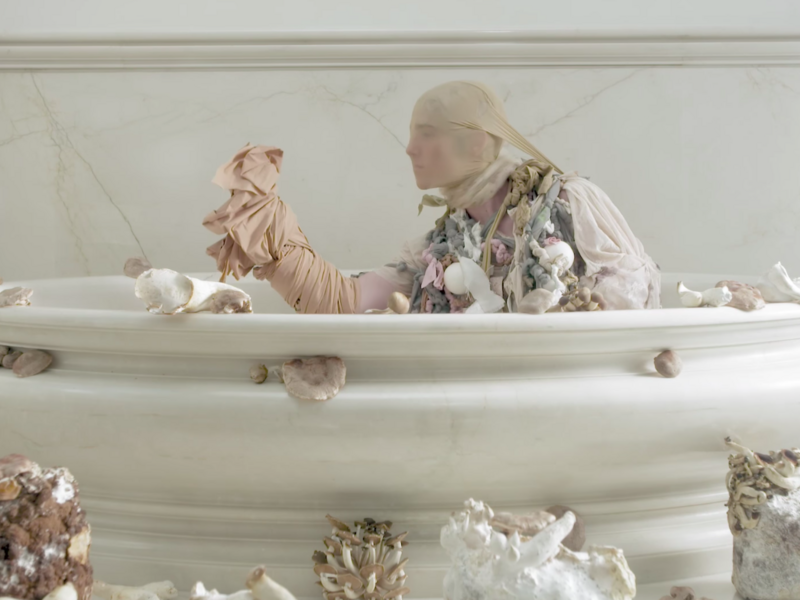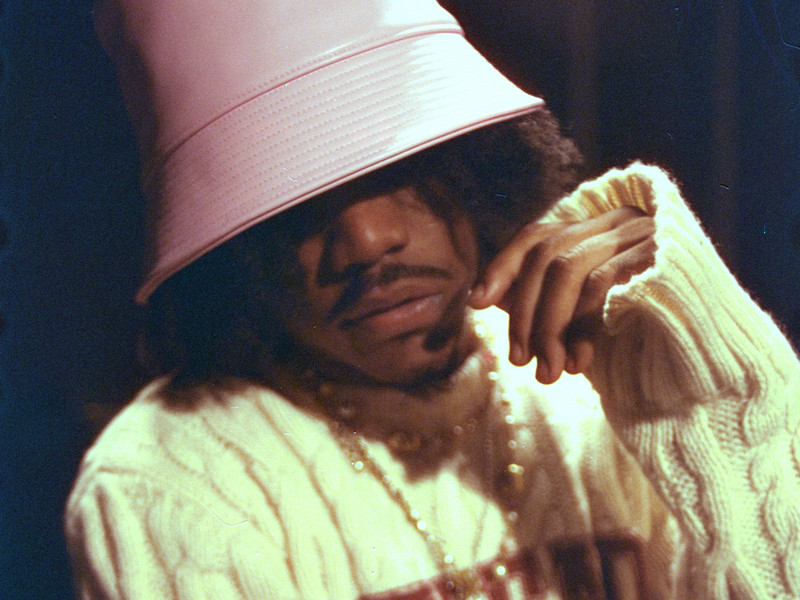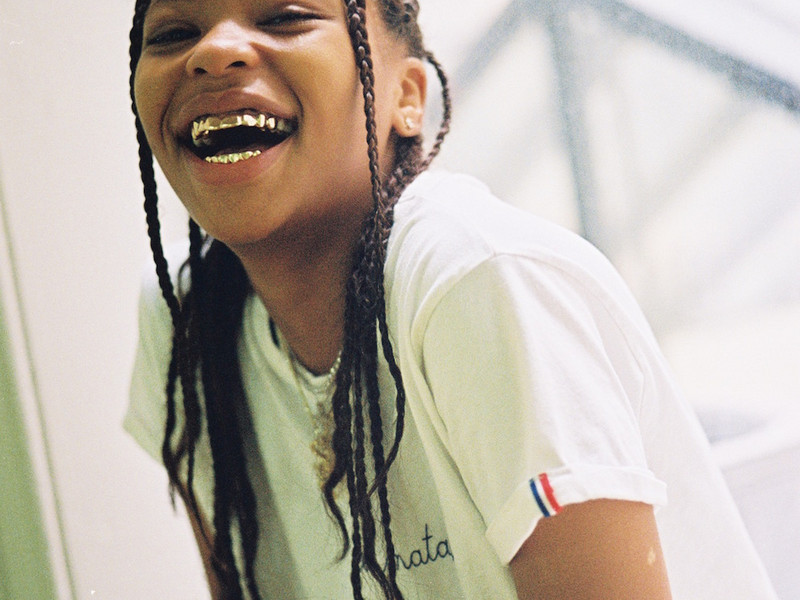Jockstrap Makes Classical-Inspired, Disruptive Pop
It’s not often that disruptive-pop musicians come out of a classical conservatory; the sonics together create a kind of cognitive dissonance. But that’s what propels a lot of Jockstrap’s music. Many of the songs on both their debut EP Love is the Key to the City, and their new EP, Wicked City, use instrumentation and chord progressions that recall canonic British pop musicians. This, in tandem with Georgia’s vocal performances, which seem to channel, in register and shape, the great Joni Mitchell’s melodic lines, result in music that sometimes sounds like it could be in a Gershwin-era Broadway play. That is, until Taylor injects a buzzed out, saw-wave synth into the mix; in a Jockstrap song, all that which sounds familiar is liable to be disrupted. It’s a chaotic energy that Taylor creates, but it complements Georgia’s lyrics, which might be waxing narrative about a sex-worker, as in the song “Hayley,” or creating a surreal cityscape that’s filled with “mustard air,” such as in the song “The City.”
In anticipation for the release of Wicked City, office talked with the two musicians about their eccentric sound, their relationship to music, and their time at Guildhall.
How are you guys approaching music right now? What role does it play in your lives?
Georgia—Well, when the Beyoncé "Savage" remix came out, I had a big ol' party for one. I just danced around my room for about two hours. I don't know what you'd call it, but it was definitely a release. Also revisiting old stuff, being nostalgic. I don't know, music is so part of our everyday I don't know how much it has changed. But, I normally don't dance around to tracks in my room for hours.
Taylor—I guess I've gone through different phases. I don't really like listening to things while I go for a walk, so I actually don't end up listening to that much music. I'm making quite a lot of music, and when I'm doing it, I'm listening to the music I'm making, and when I stop, I just get some fresh air and revitalize my head. So I end up not listening to that much music. When the Fiona Apple album came out, I made sure to listen to that—when things I'm interested in come out, I make sure to sit down and listen. But I'm not doing massive amounts of casual stuff.
You guys are in your fourth year of university. Though things are quite different at the moment, how was it balancing your studies with burgeoning music careers?
T—Although it was different for both of us, I feel like last year was the hardest because there was the most going on. We were doing our dissertations, and it was also the time that we were just trying to make it a bigger thing; we hadn't been signed to Warp yet. We were doing quite a lot of festivals so there was quite a lot of travel, and we were just focused on making it something while at the same time having our busiest year at Guildhall. That was quite intense.
G—I guess Taylor gets to submit all the music he's releasing to school, so it's killing two birds with one stone, whereas I have to do it totally differently. But it's kind of been in the last couple of years that the Jockstrap stuff comes first and the jazz recitals come second. But, it's been fun. Definitely the right decision to have been made.
Do you feel as though studying at a conservatory gives you any sort of advantage in the industry?
G—Yeah, one-hundred percent. Because of the people you meet there. We met so many great, forward-thinking musicians who are doing so many great things. We've all kind of been on the same musical journey together in London. So I think conservatoire kind of enables that. But you gotta take what you're given from conservatoire and translate it into something that's going to be exciting. You don't just go to conservatoire and then you're there, you know what I mean?
T—You still need to have an idea of what you want to do. I think a good thing about going to Guildhall over a music course at a university is that everyone was just really serious, which I found really good. But the other side is that a lot of people can be really disconnected when it comes to creativity and composition—that sort of stuff. It's all about getting really good at your instrument.
G—The teaching is such that you can just be swamped with practicing, and then four years fly by, and you're a great cellist, but...
T—That's why it's a bit unusual that we came out of this doing pop music because most people go there just for classical music. But if you know you want to do pop music and at the same time really want to craft what you're doing, I think it's good.
What was your exposure to music like growing up?
T—I grew up with two parents playing and practicing musical theatre songs. My dad plays the piano, so I learned that quite early. All the classical stuff. But I was never really into the classical stuff; it really stressed me out. And then I got a computer and GarageBand, and as soon as I got that, it was pretty instant that it was my favorite thing to do. And because of the internet and being on the computer all the time, I just got exposed to loads of different music. I was massively obsessed with dubstep. That was the thing that made me want to make music, hearing all these sounds on these remixes that were being done around 2010. And then a few years after that I was into James Blake. And as soon as I realized those two things existed, because they were quite opposite to each other, it became anything is possible.
You said that classical music stresses you out. Why is that?
T—Well I was doing piano grades, and I found it really stressful to play music that had already been written. I'm a bit of an over-thinker, and to play something by memory, I could just trick myself so easily into self-sabotage. And the exams, yeah they were just absolutely horrible. Like going into an old church with an old person I didn't know and having a whole year-and-a-half's work being judged during an exam that depends on how well I slept the night before—it's just like too stressful. So I ended up canceling the last grade because I couldn't sleep; I was worried about it too much. It's more the playing of it. Listening I don't mind.
And what about you Georgia? What was your exposure like?
G—My mum was a violinist. She was self-taught, and she played a lot of Irish folk music. I remember getting a violin for my fifth birthday, and I was taught classically from then. I didn't really enjoy it very much until I joined a string orchestra and started playing with people. There were quite a lot of great string youth groups where I grew up randomly. It was great, and I loved that aspect of it—playing with people in big orchestras. I was also listening to a lot of different music. I was really into dance music while I was playing all this classical music, which I wouldn't really listen to, as I do now. Then, I decided to do a jazz degree because I knew that I wanted to do something more creative than play in an orchestra all my life, even though I knew I didn't want to be a jazz violinist. I learnt loads.
You've said before, Georgia, that you like musing about other people within a song. I'm curious about how much of it is imaginative and how much of it is factual. I'm thinking specifically about the song "Hayley," but you can apply it to any of your other biographical songs.
G—It's all factual and biographical, with room for some metaphorical imagination.
What's the process like of trying to get into the headspace of someone else?
G—I think at first it was just that it was easier to write about other people than myself. That's kind of why I was doing it. I would write poems first, and they would be little snapshots of people. Maybe I just hadn't matured enough to write about myself.
Do you feel like you've transitioned and are now focusing your lyrics on yourself?
G—In the new EP, yeah. It's more reflective. I feel more comfortable about writing about myself.
You've also said that this EP is more male whereas the last one was more female. What did you mean by that comment?
G—Well, I think what I meant by the male and female thing is that they're a dichotomy. They're binary from each other. They're coming from very different places, different sides of a coin. Just different in character.
How would you describe their characters?
G—The first EP is kind of carefree and cheeky. Kinda easy going and easy flowing. The second one is definitely more—Taylor said in another interview that this EP has more testosterone, which I quite liked. It's angrier. If the first one's soft, the other one's hard.
Taylor, speaking of angrier, harder qualities, your production could be characterized by combining harsh, electronic sounds with more lush, maybe even posh, classical instrumentation. Do you think of yourself as mashing high brow with low brow together? Is there a particular effect you're hoping to achieve?
T—I think it's just who I am. It comes from the fact that when I was younger, I quickly became into really opposite sorts of music. During the first year of Guildhall actually I felt really weird about pop music. I had to write this essay on John Cage, and I just decided that I was going to stop making song-based music; it just didn't make sense anymore. There's always this friction, for me, between stuff that's really commercial and stuff that's pushing the boundaries. I value both, and I don't really know how I sit with what both have to offer, but I kinda know deep down that they're probably both truthful. I don't think one can exist without the other. So it just makes sense to play with both sides in music.
Relating to that, you’ve mentioned that you don’t see Ariana Grande as being all that different from John Cage in the grand scheme of things. I’m curious about the similarities you find between them.
T—I think it's just that we like both of those things, and that's it. There's an element of beautiful melodies—I mean Ariana Grande is probably just a symbol for amazing vocalists and amazing hook writing. I think there's value in that. But there's also value in John Cage's approach to music, which is a totally different thing. It's more like a way of thinking about everything rather than music specifically. For me, it's just cringy when you say, "I like this, and I don't like that." I think, really, saying that was just a good way to get rid of boxes. It opened up everything, so there was no limit to what we could do.
Do you guys have a songwriting process that you fall back one when you compose together?
G—So, I'll write the lyrics and the harmonic structure, not always completely, and then I'll send the demo to Taylor. And then we'll get together, and we'll suggest whatever ideas we think are as creative as possible. How far on a whim can we go out on and discover new territory.
Is this process quick? Is it slow? Do you guys do a lot of revisions?
T—It takes a long time.
G—Yeah!
T—For all of these songs, there are eleven saved versions of them on my computer. We just keep going until we're both happy. It takes a while until we both have strong opinions about things.
Your newest EP is called Wicked City, is there a particular city in question?
G—It's a metaphor. But I'm not going to say what it is.
Well, there goes my follow up question.
G—[Laughs] Well, to an extent, it's the city we live in. But other things as well.
Was there a song that was particularly hard to bring to life?
G—"City Hell" was pretty hard. It felt like we were grappling with this massive monster. We just tried and tried until we felt something click, you know that feeling inside when you just want to dance to it.
T—They all felt like a bit of a challenge. I think when most people'll listen to it, they'll think, "Oh, that's a lot." And that's what it was like making it.
